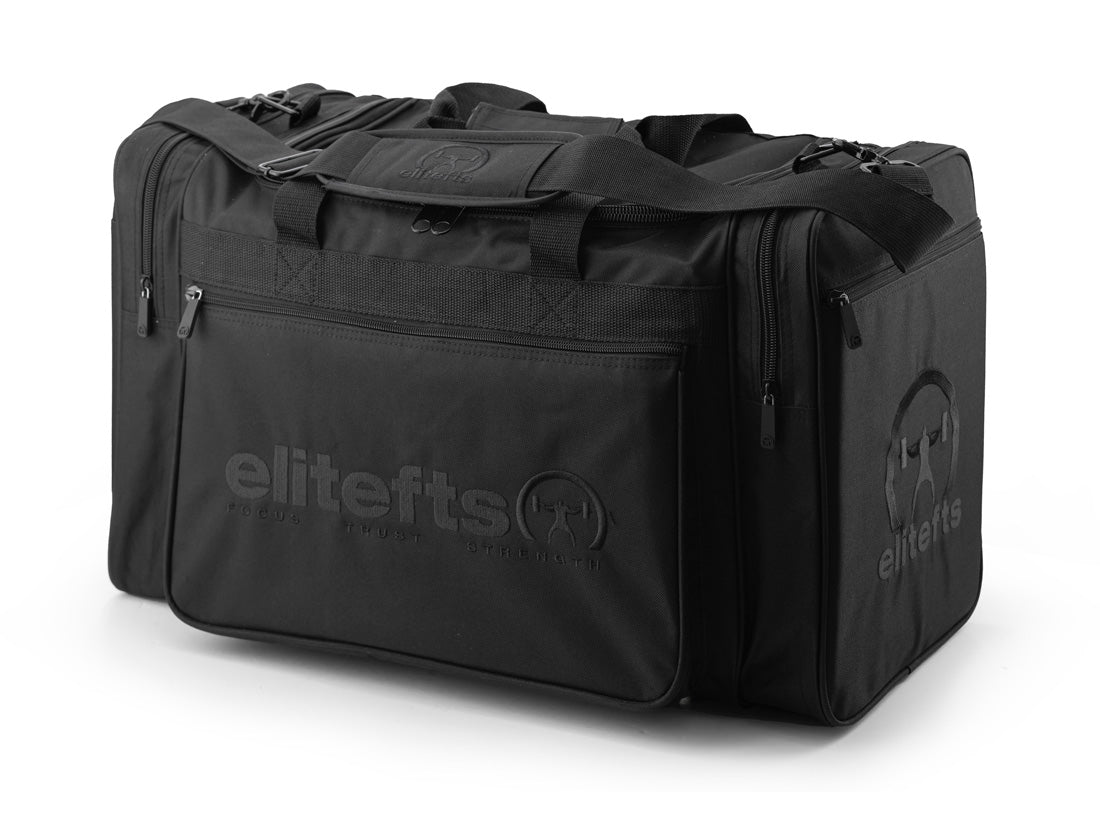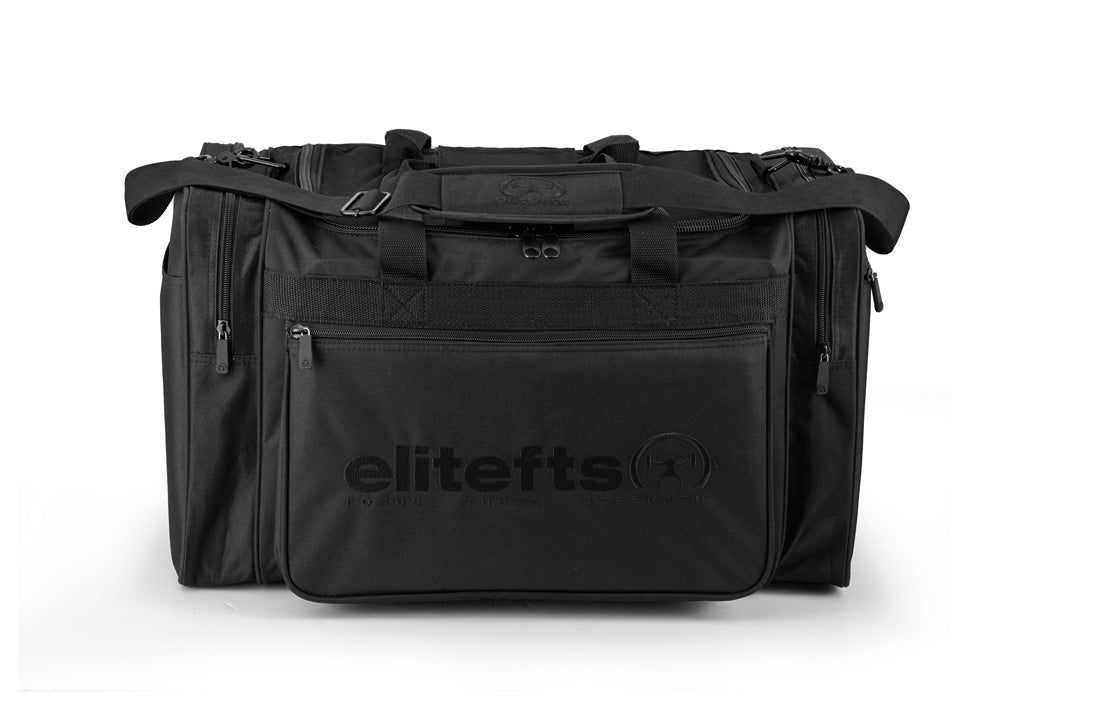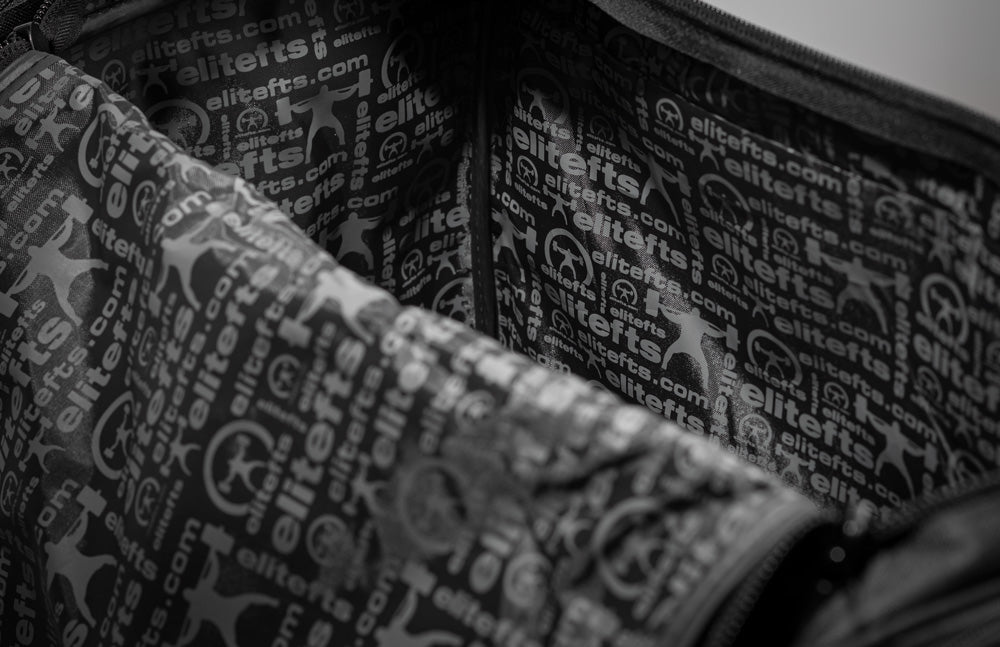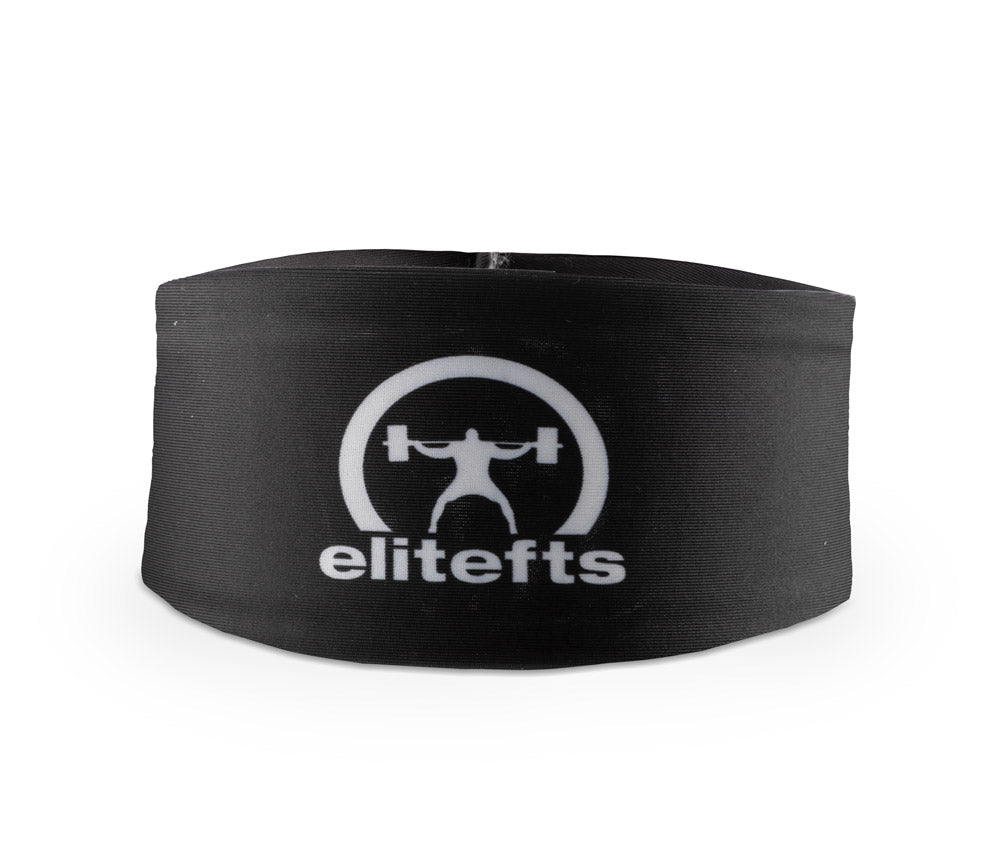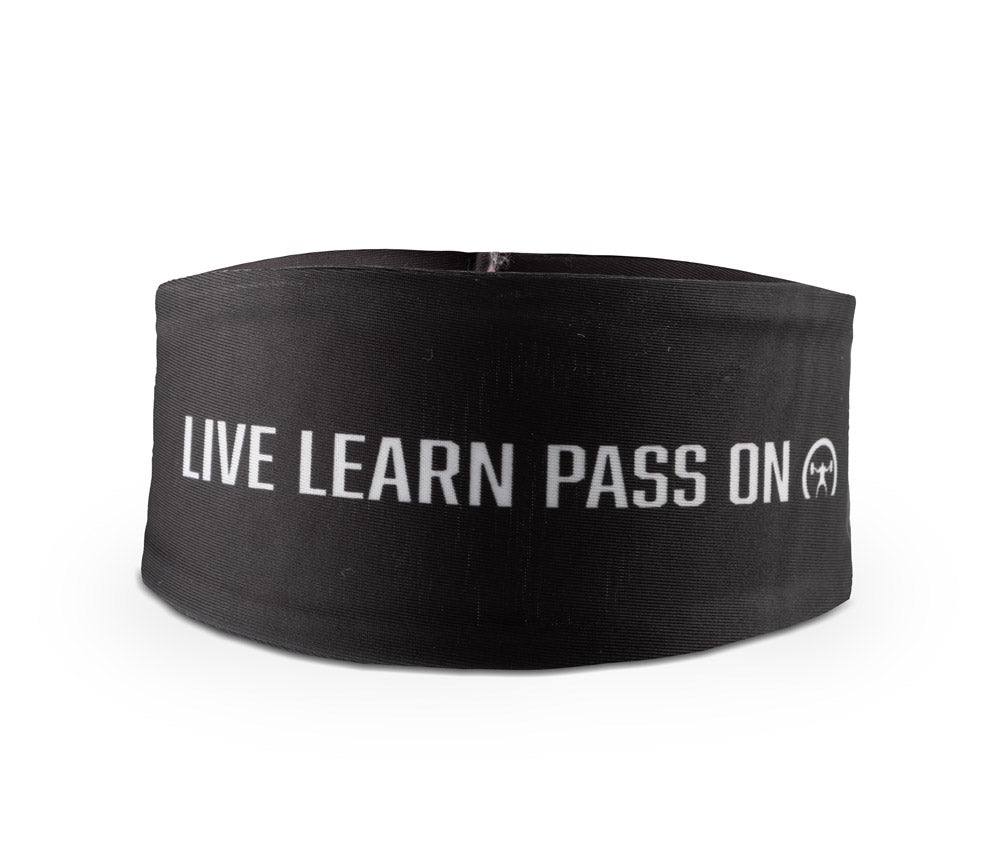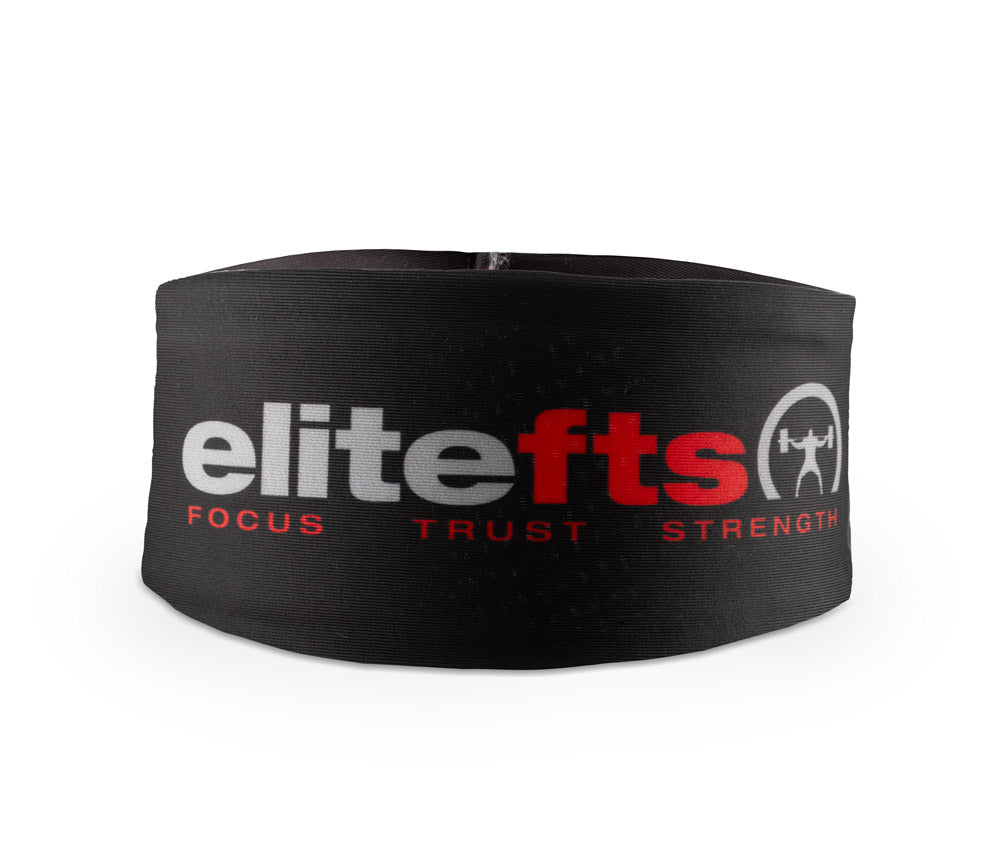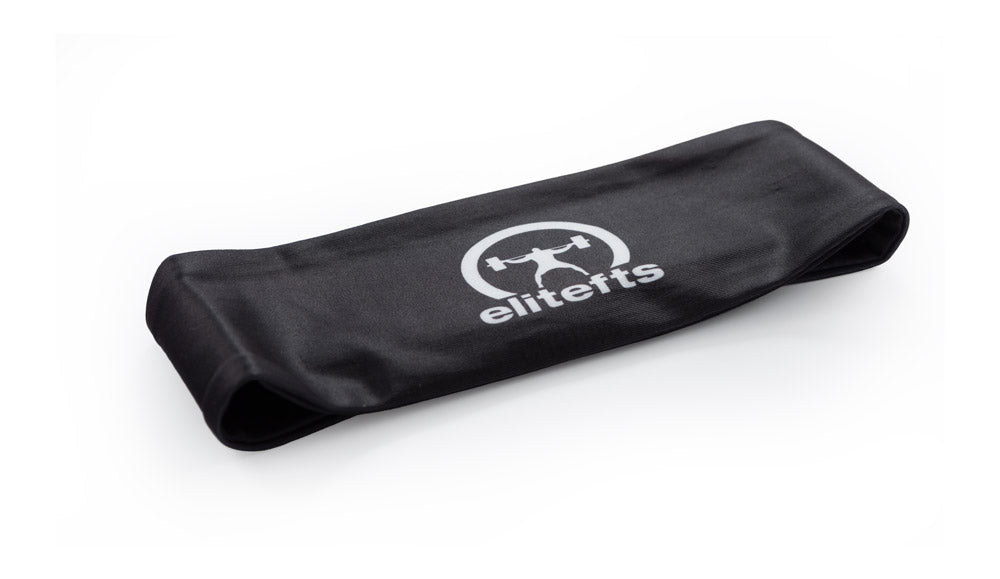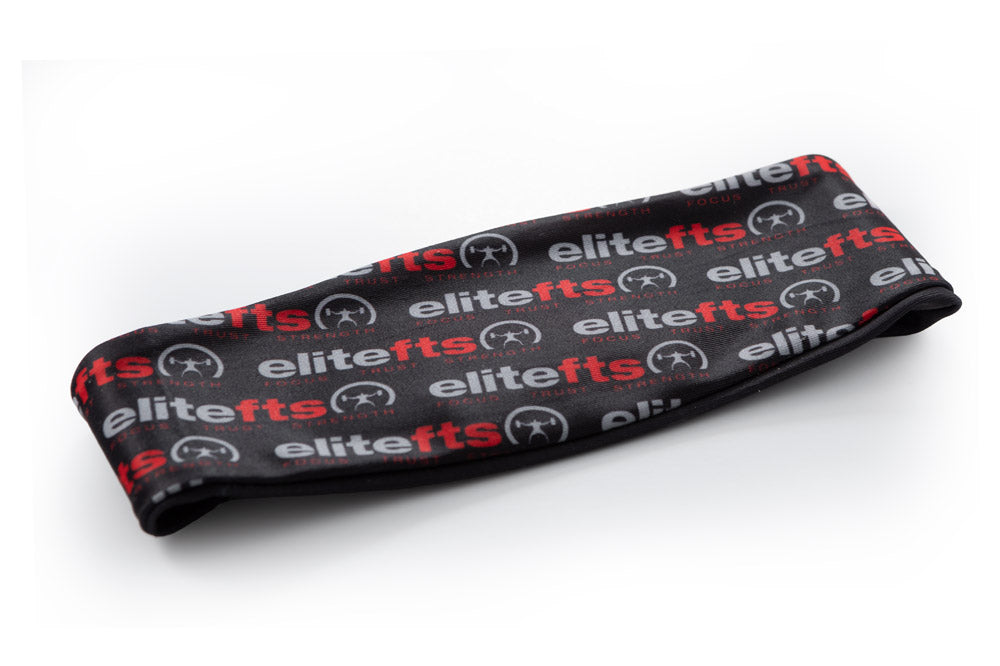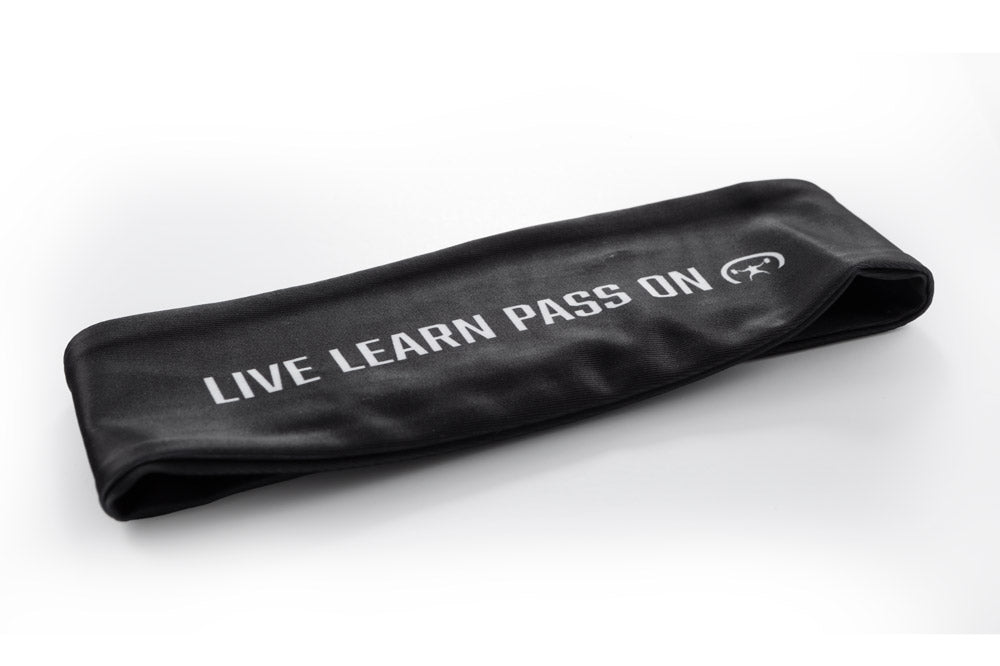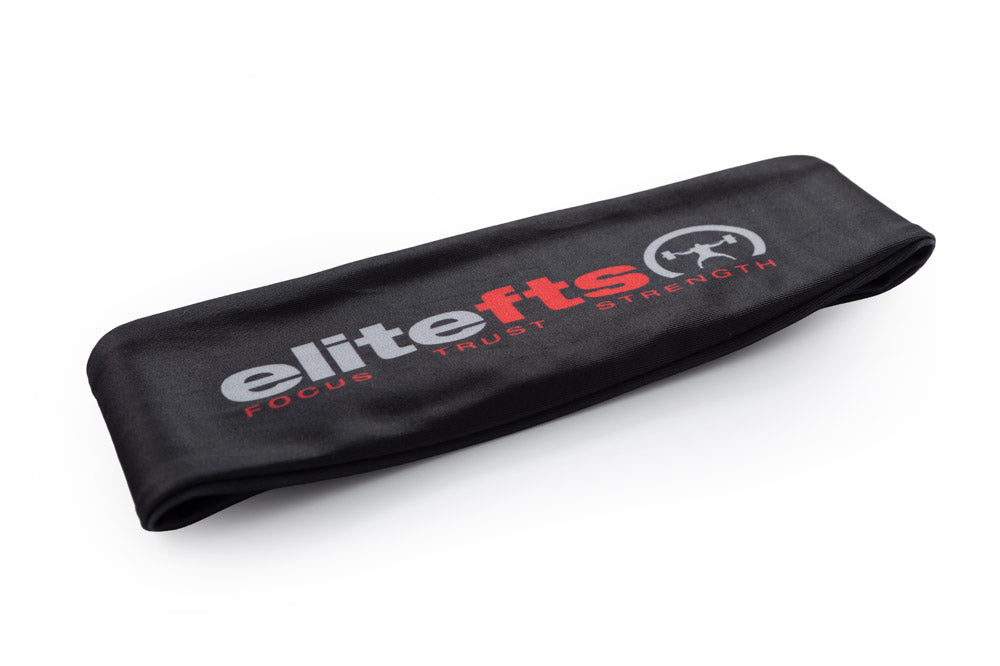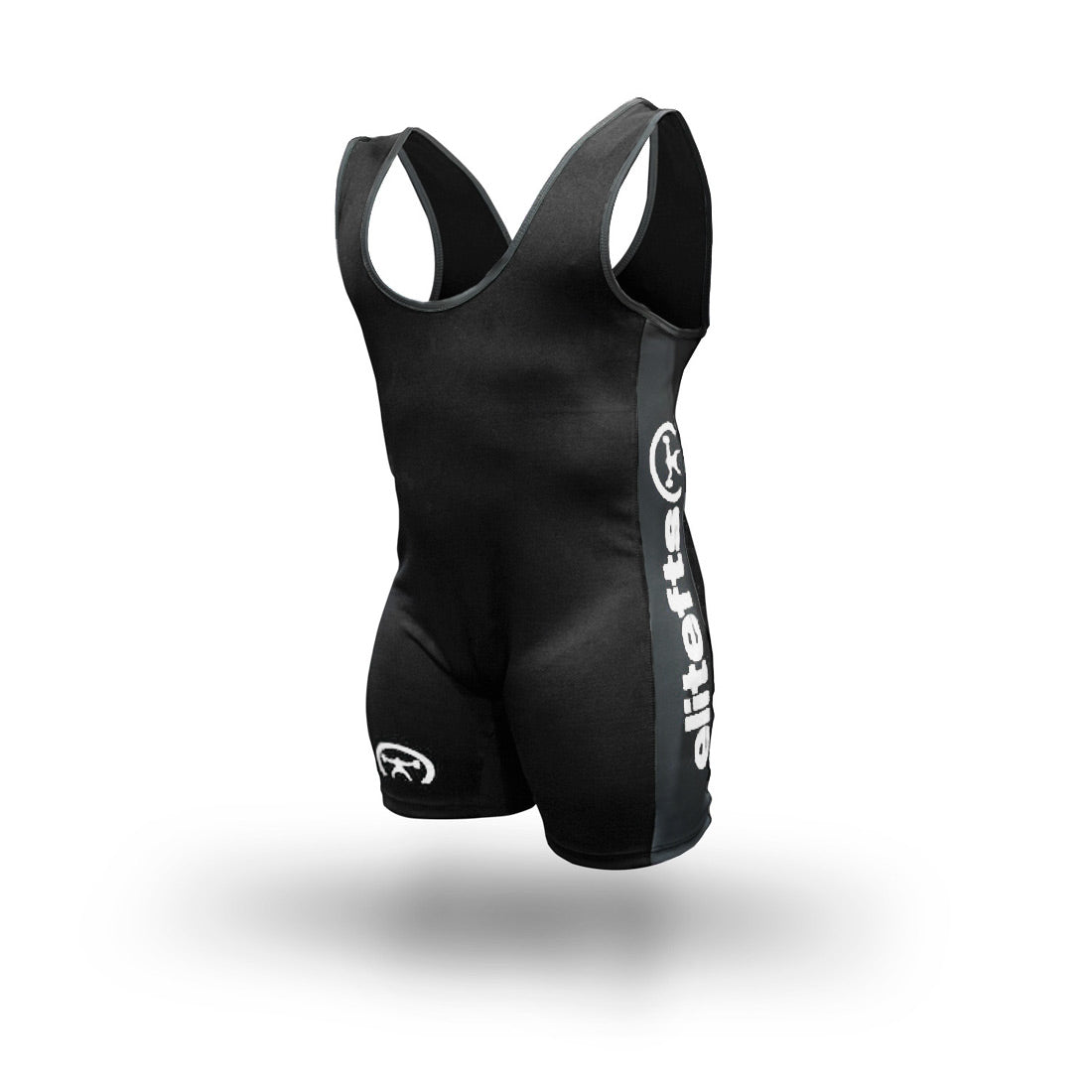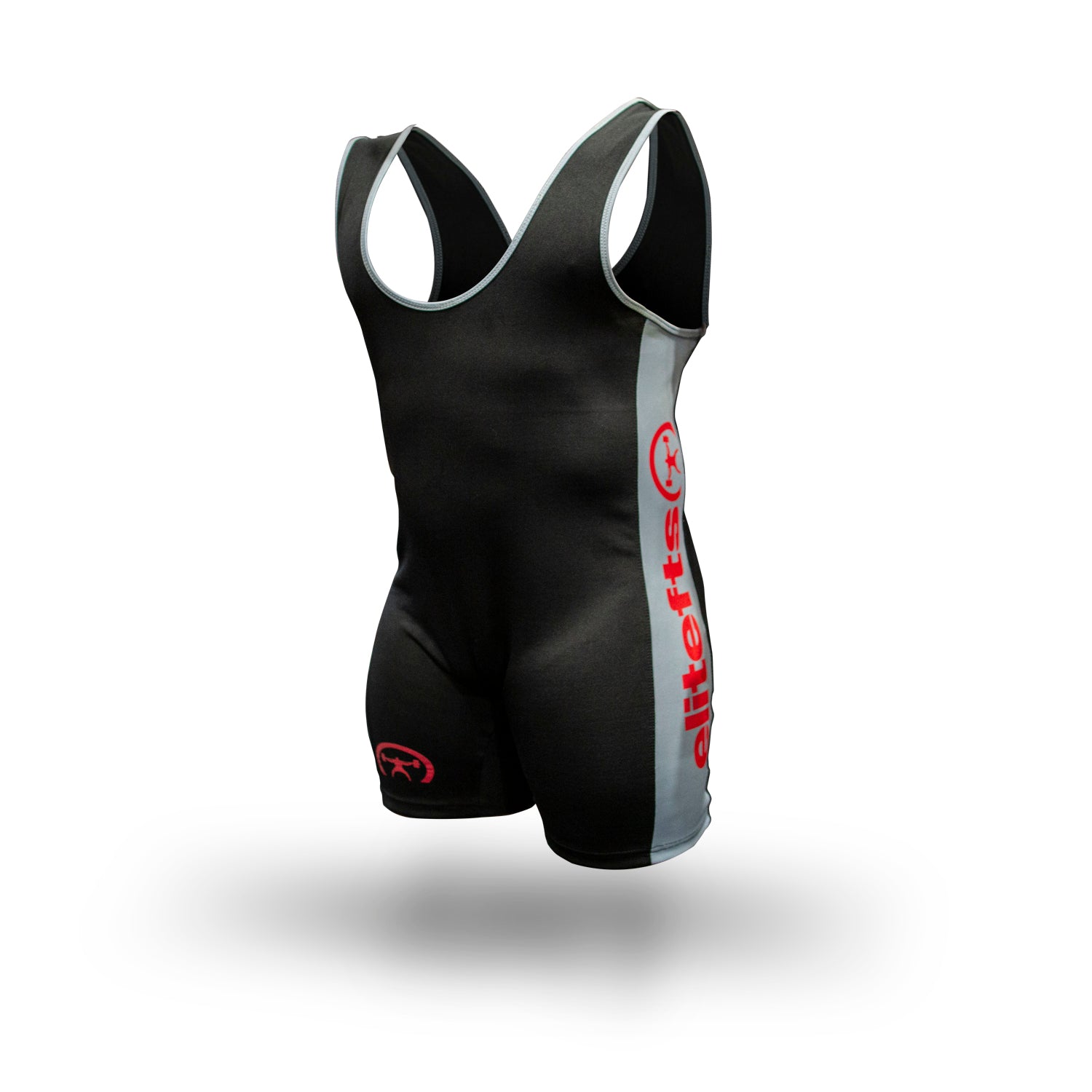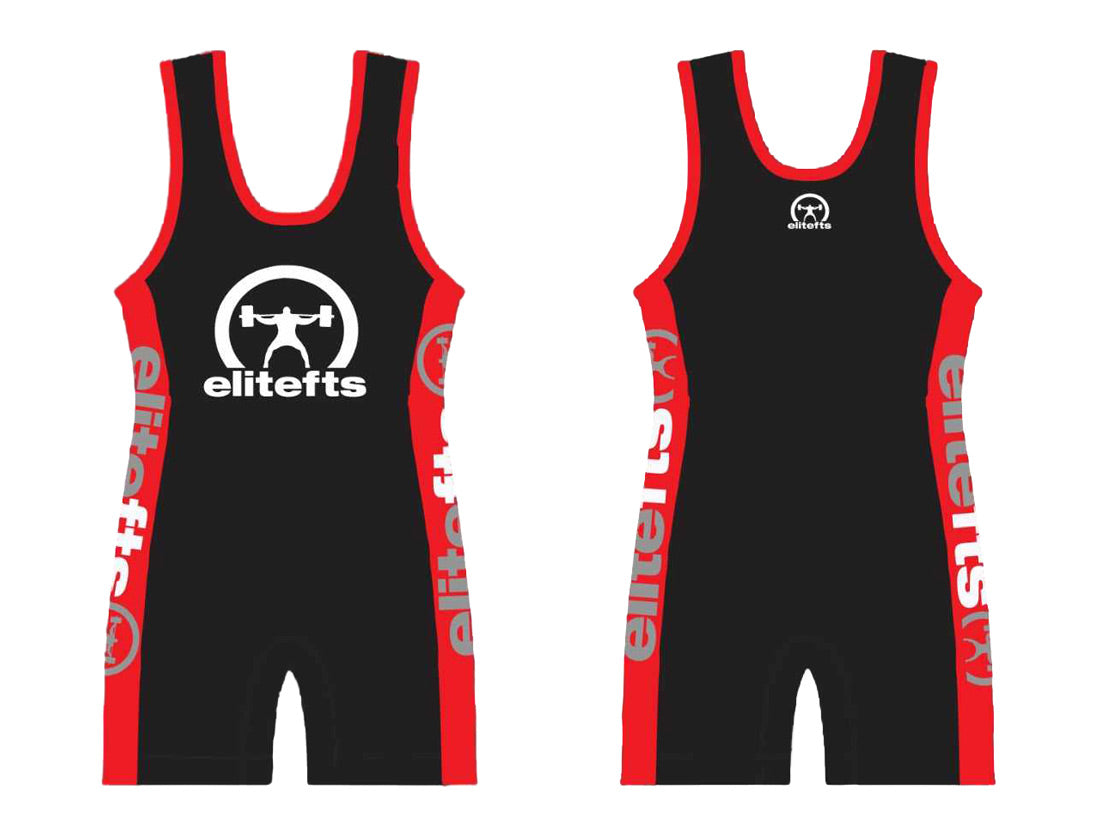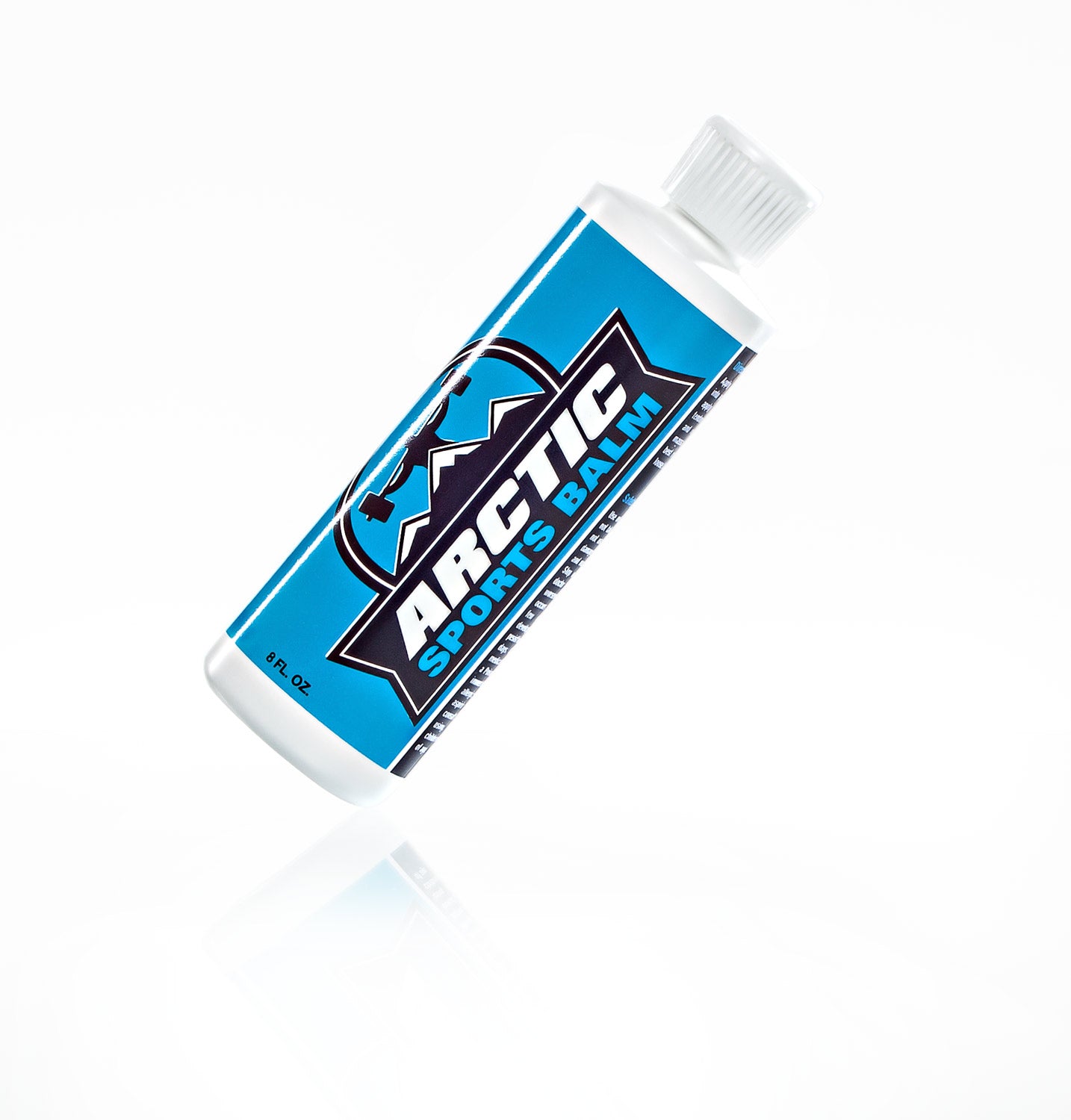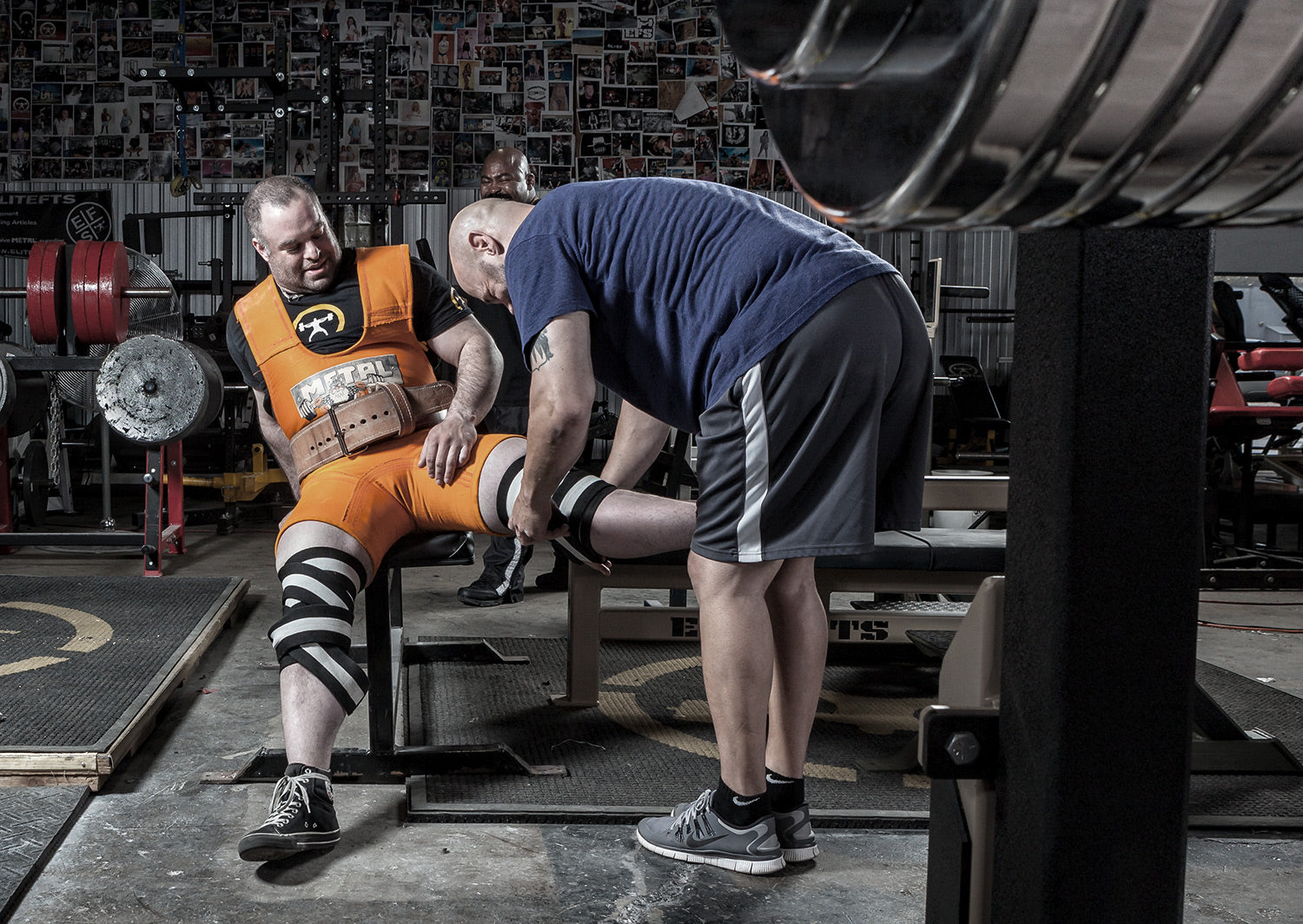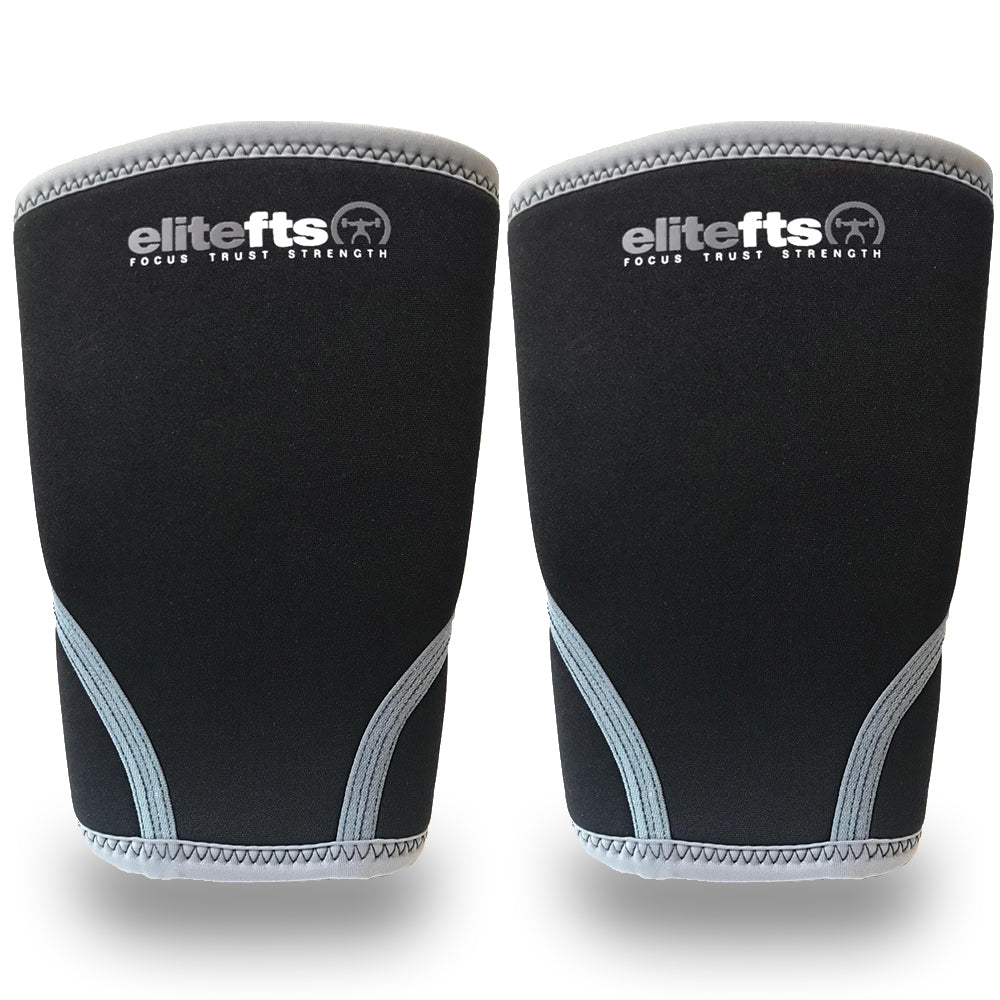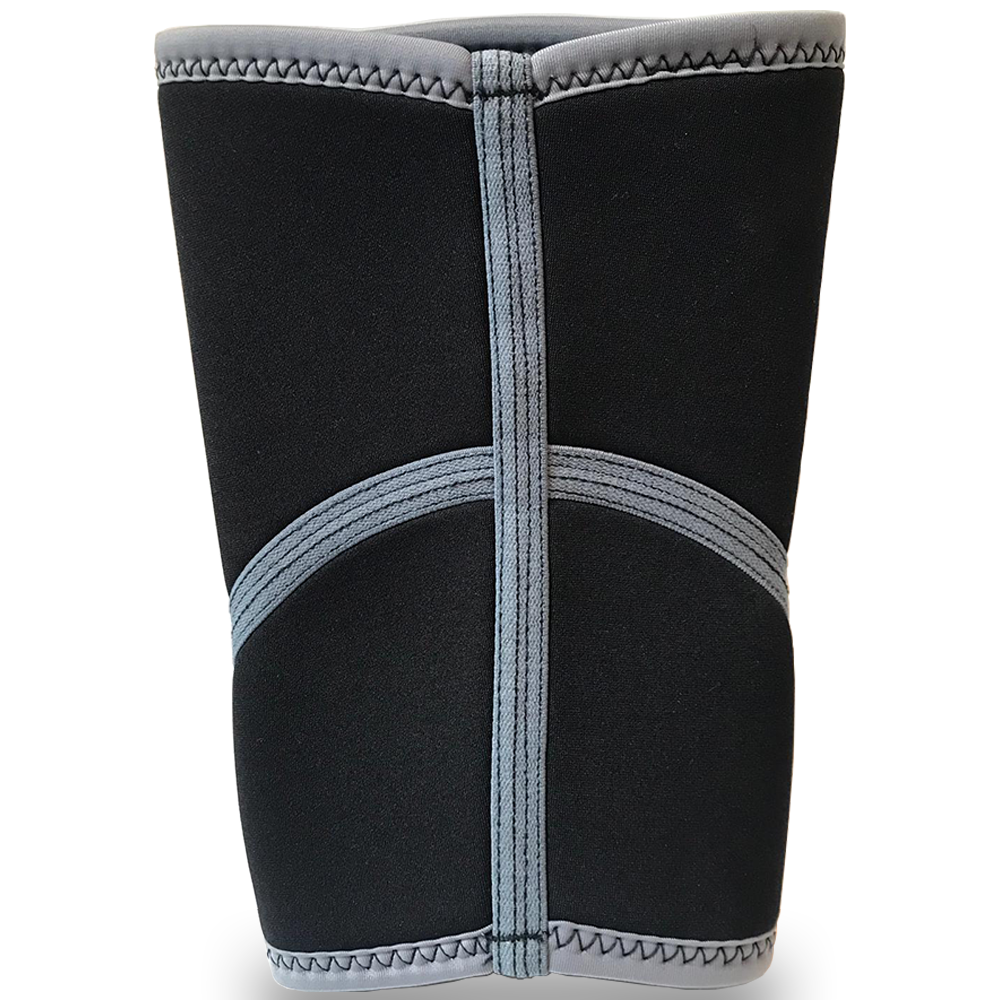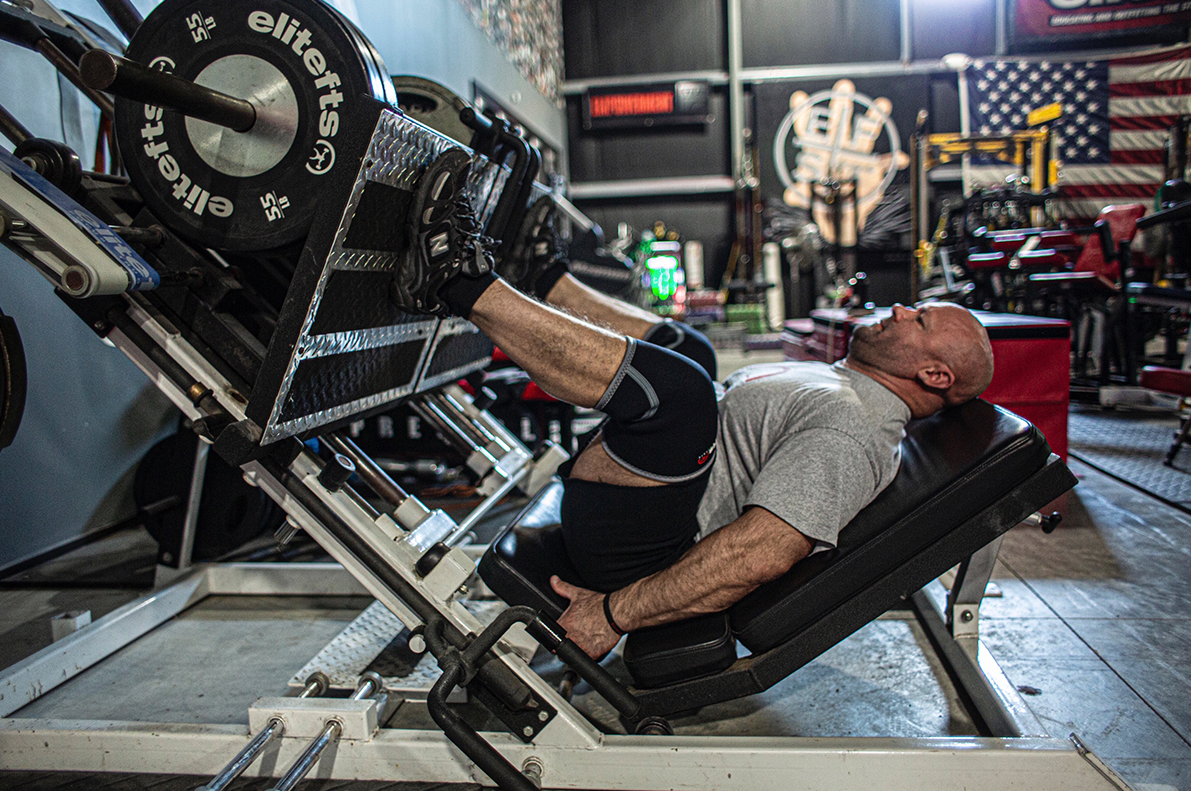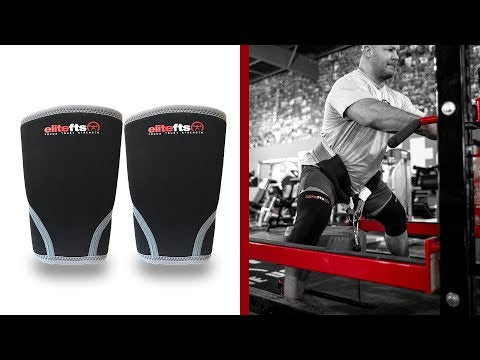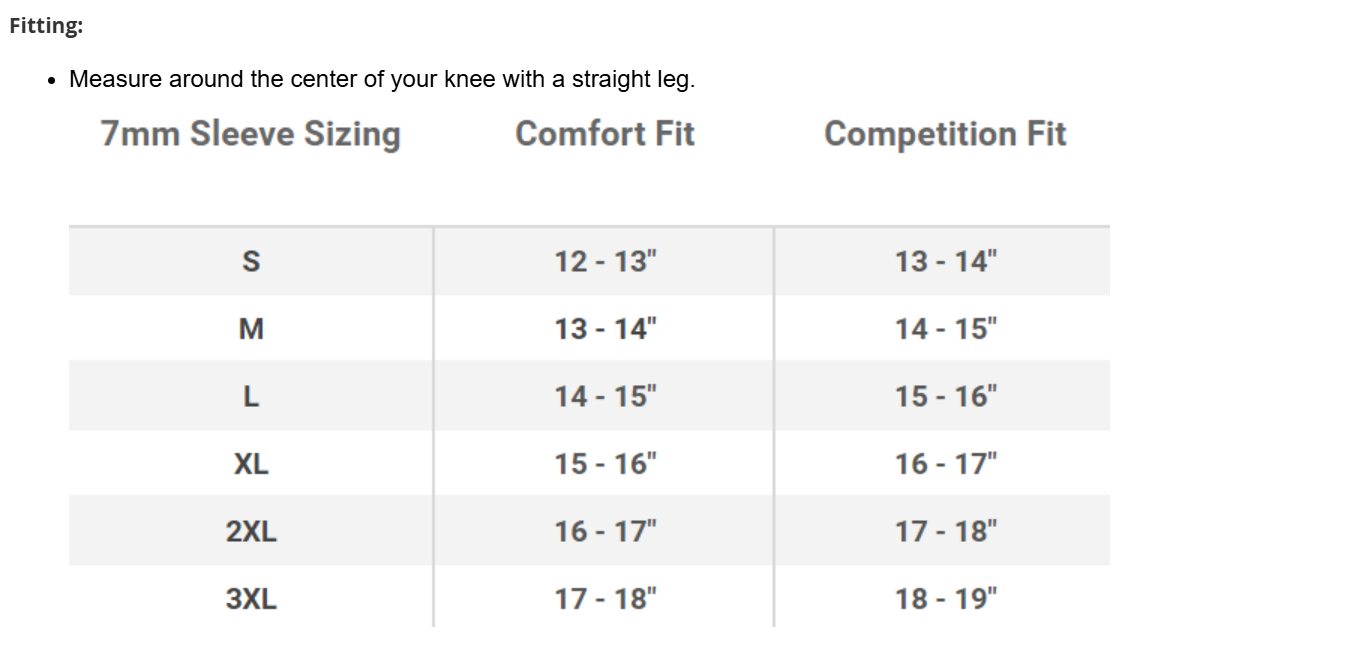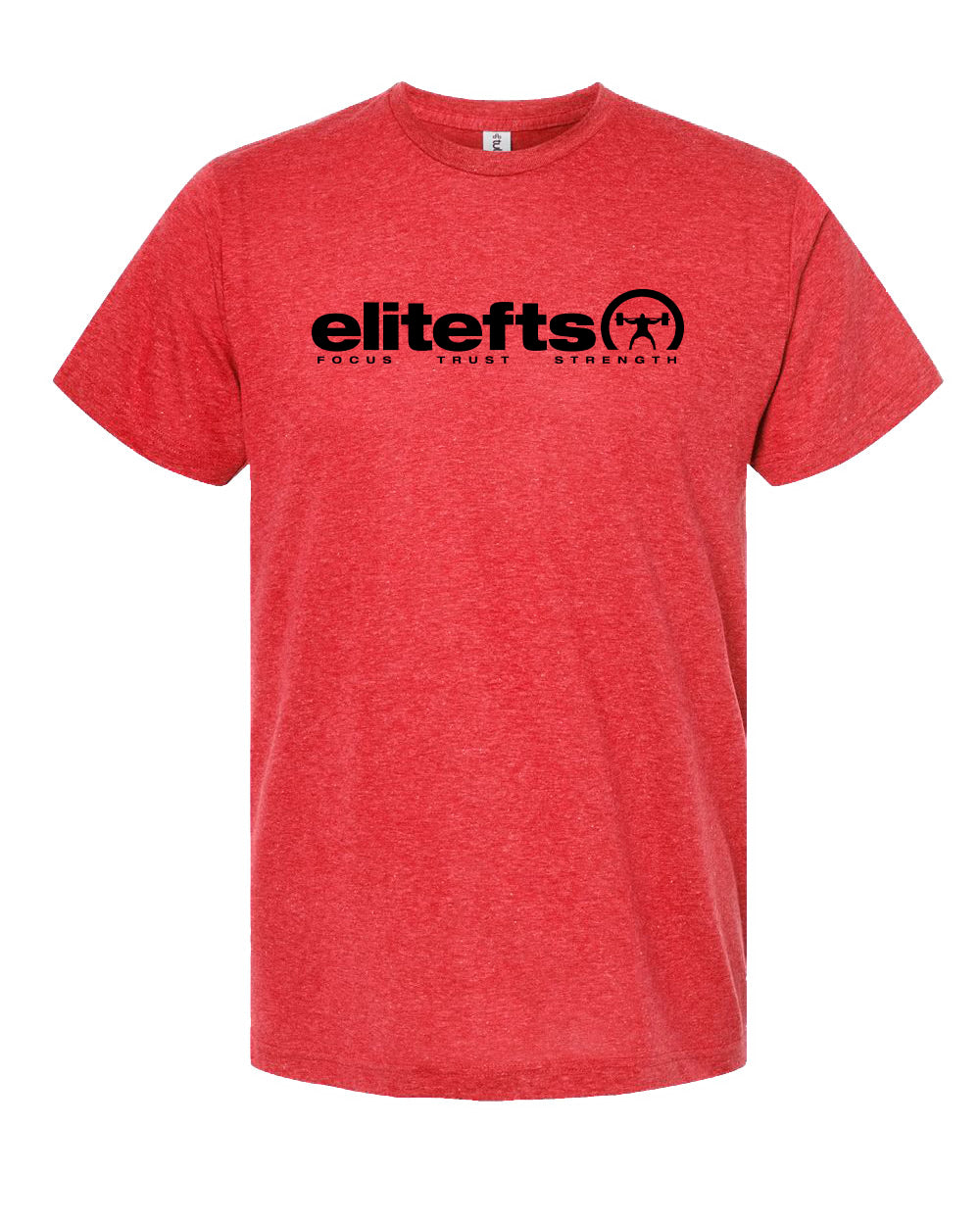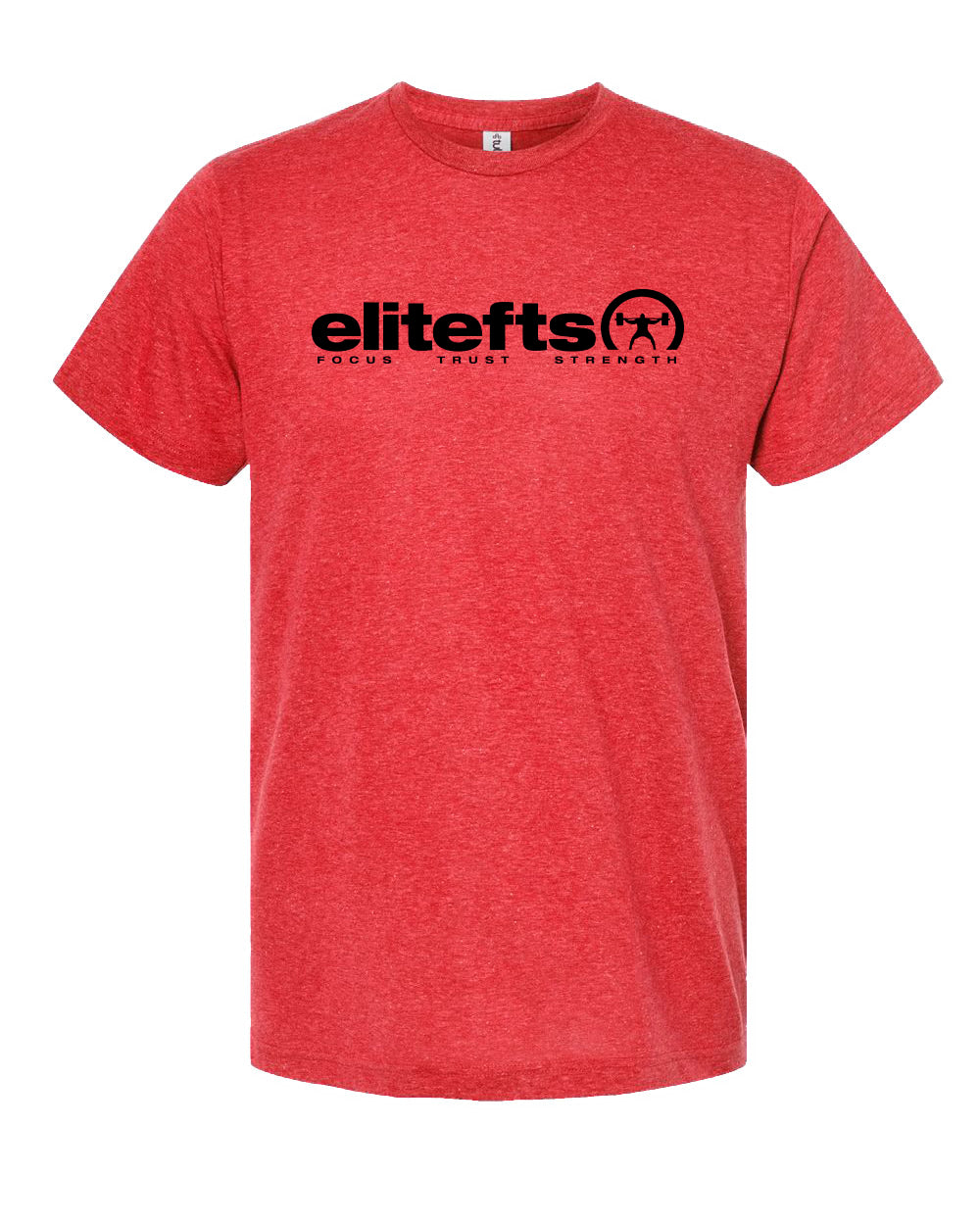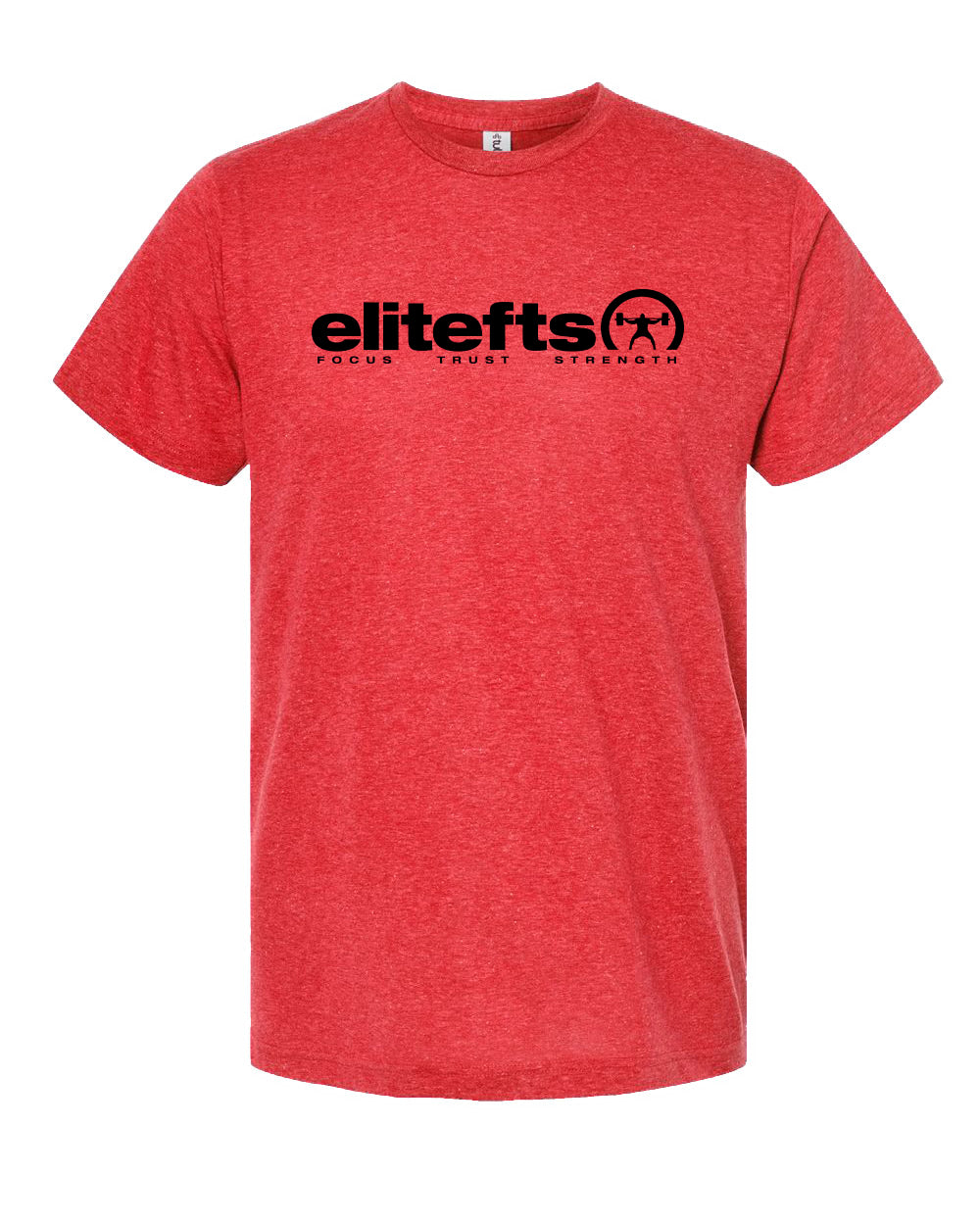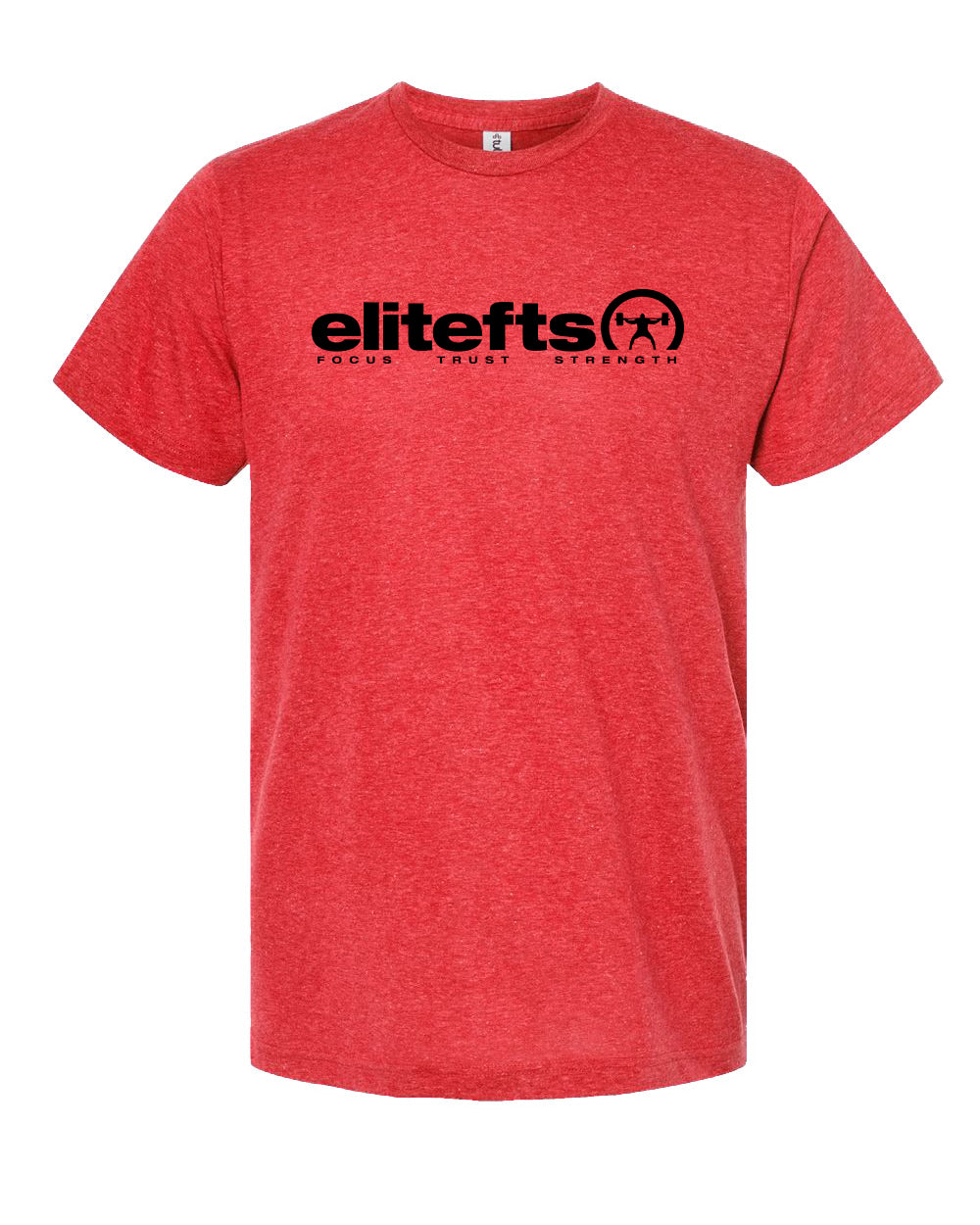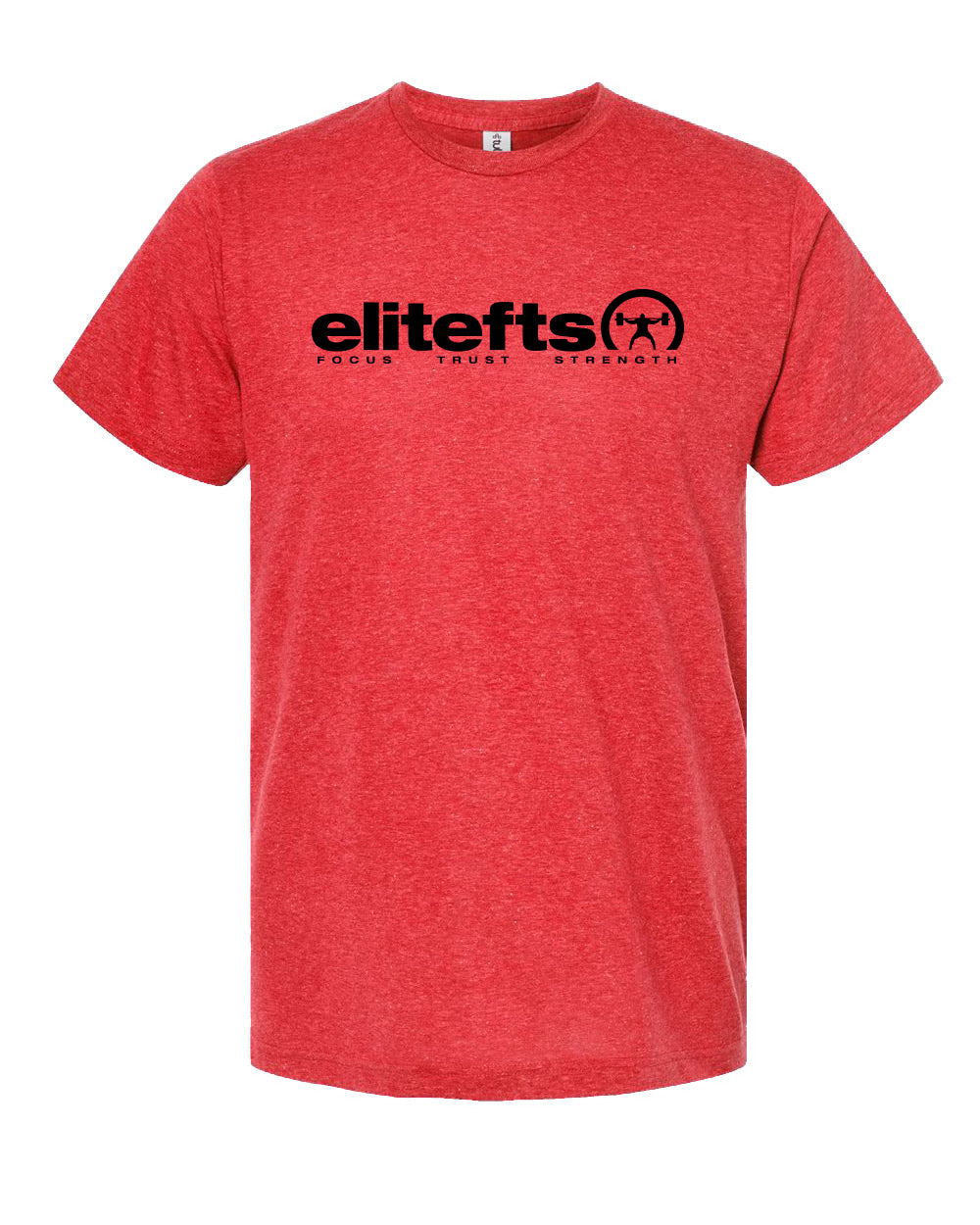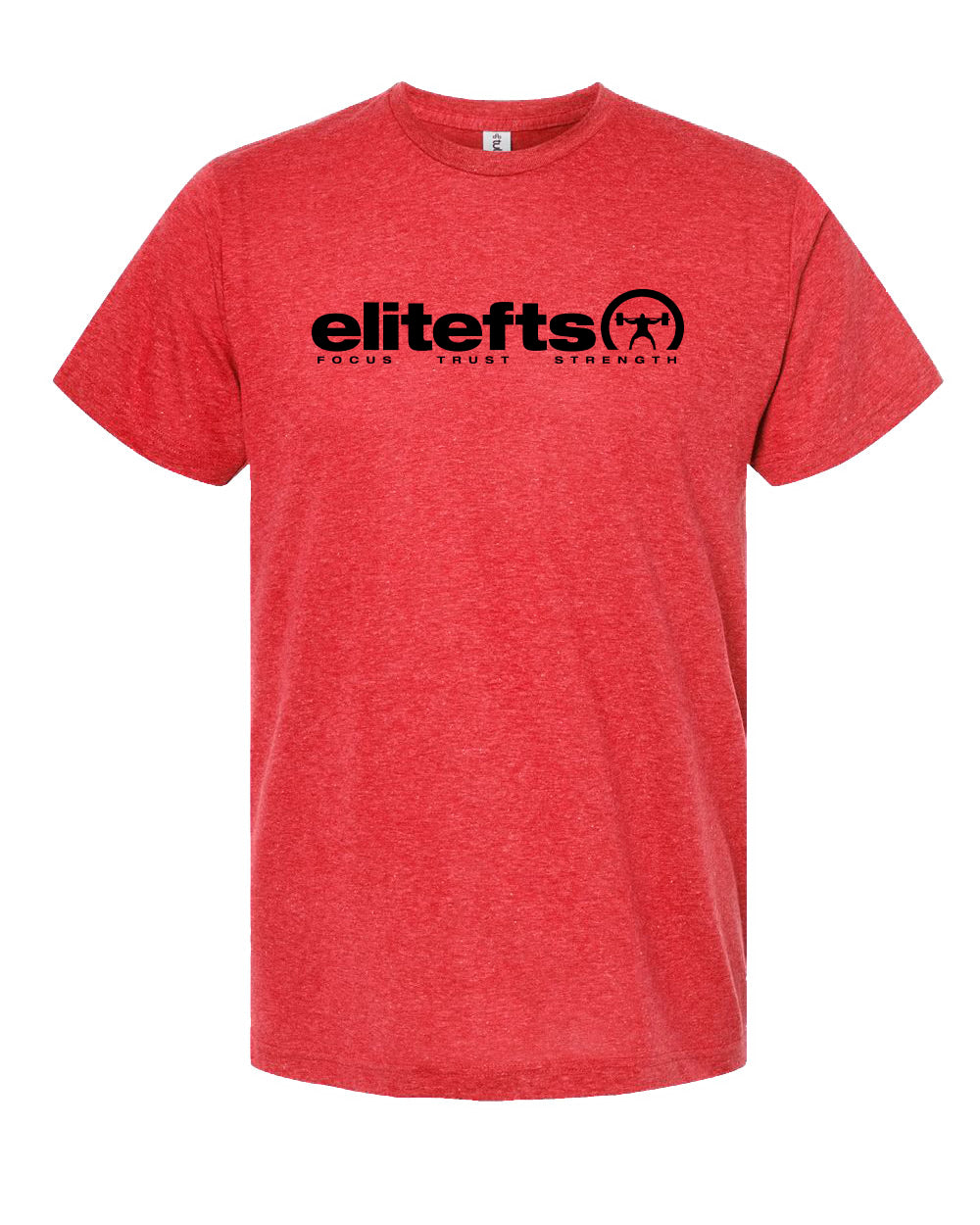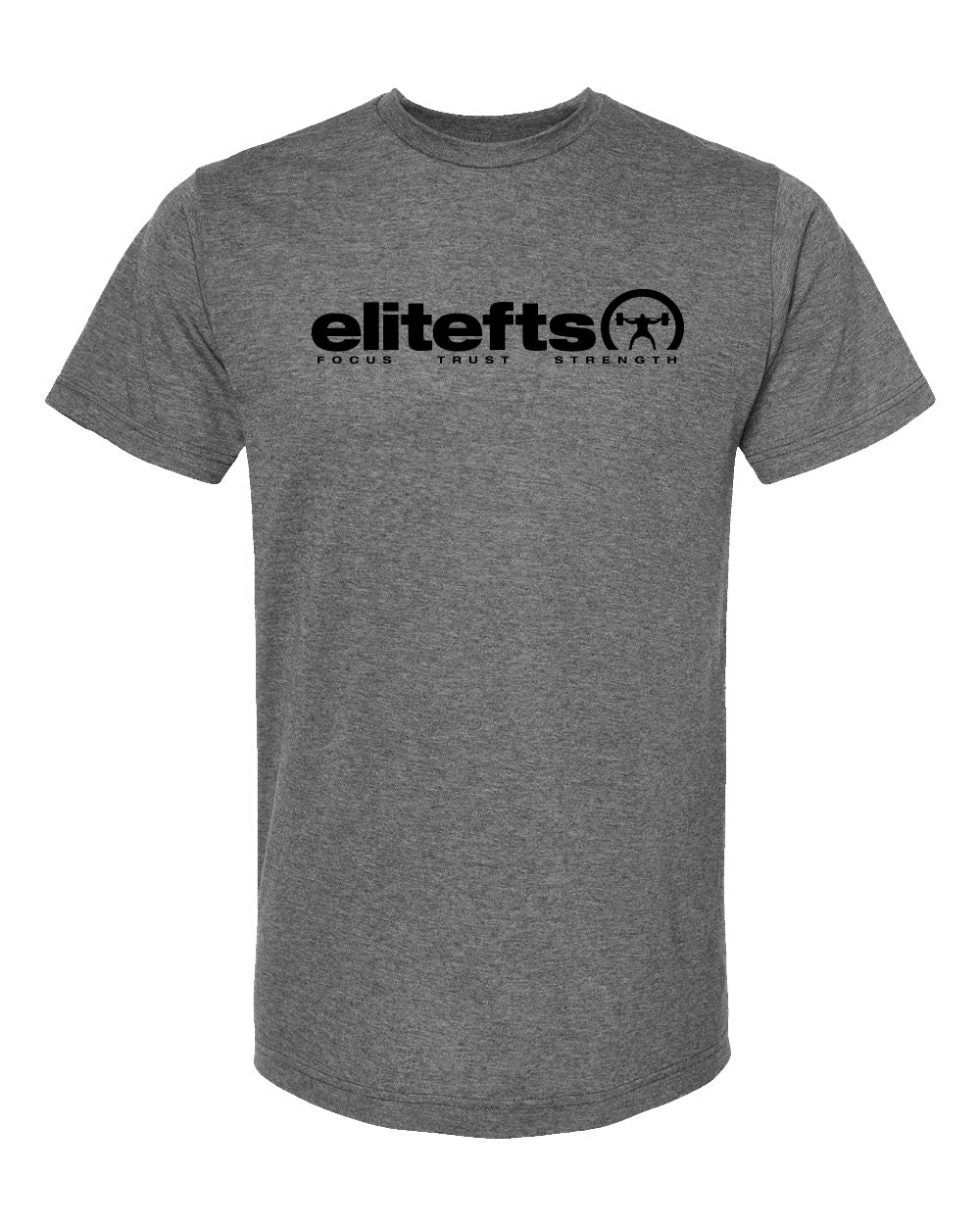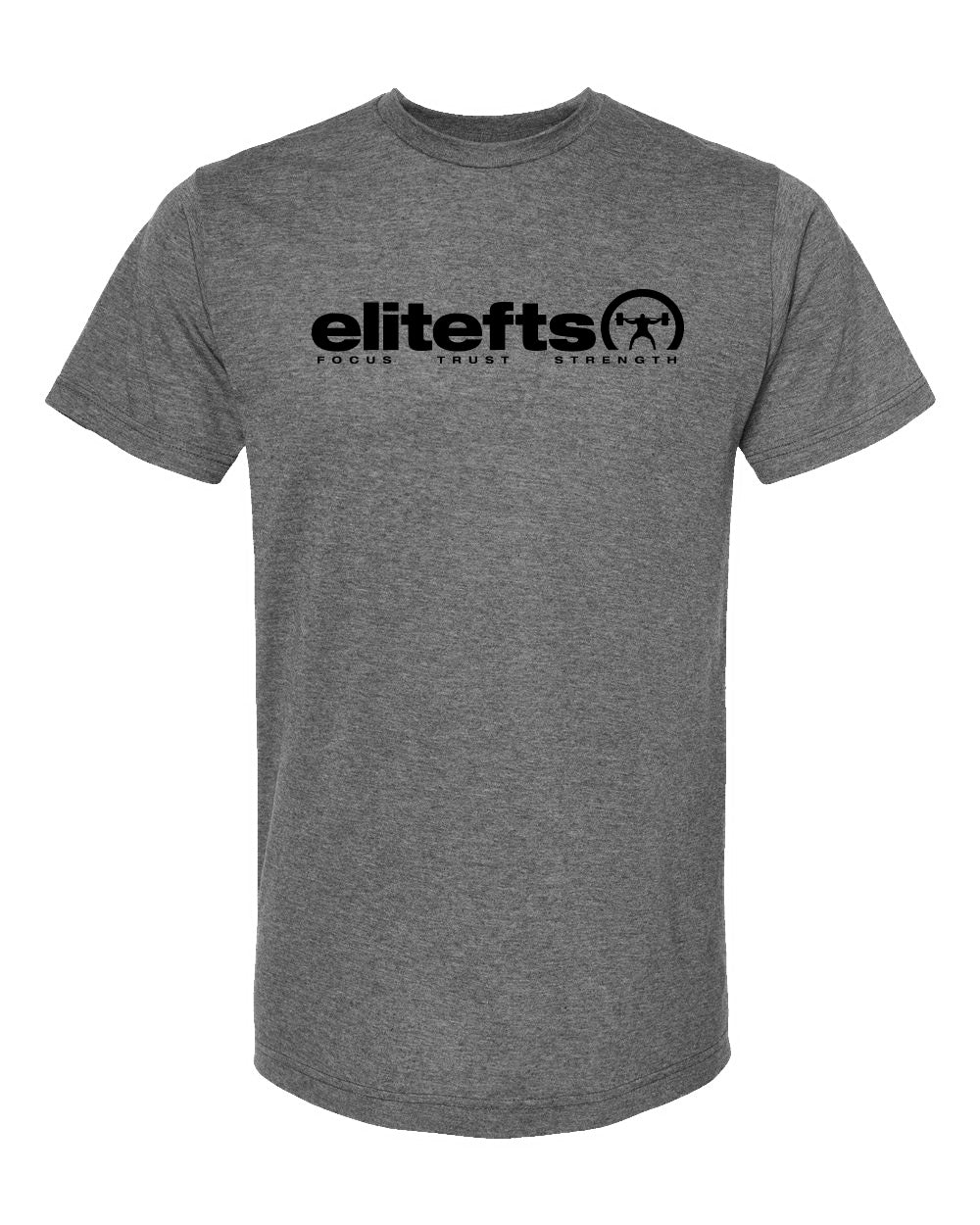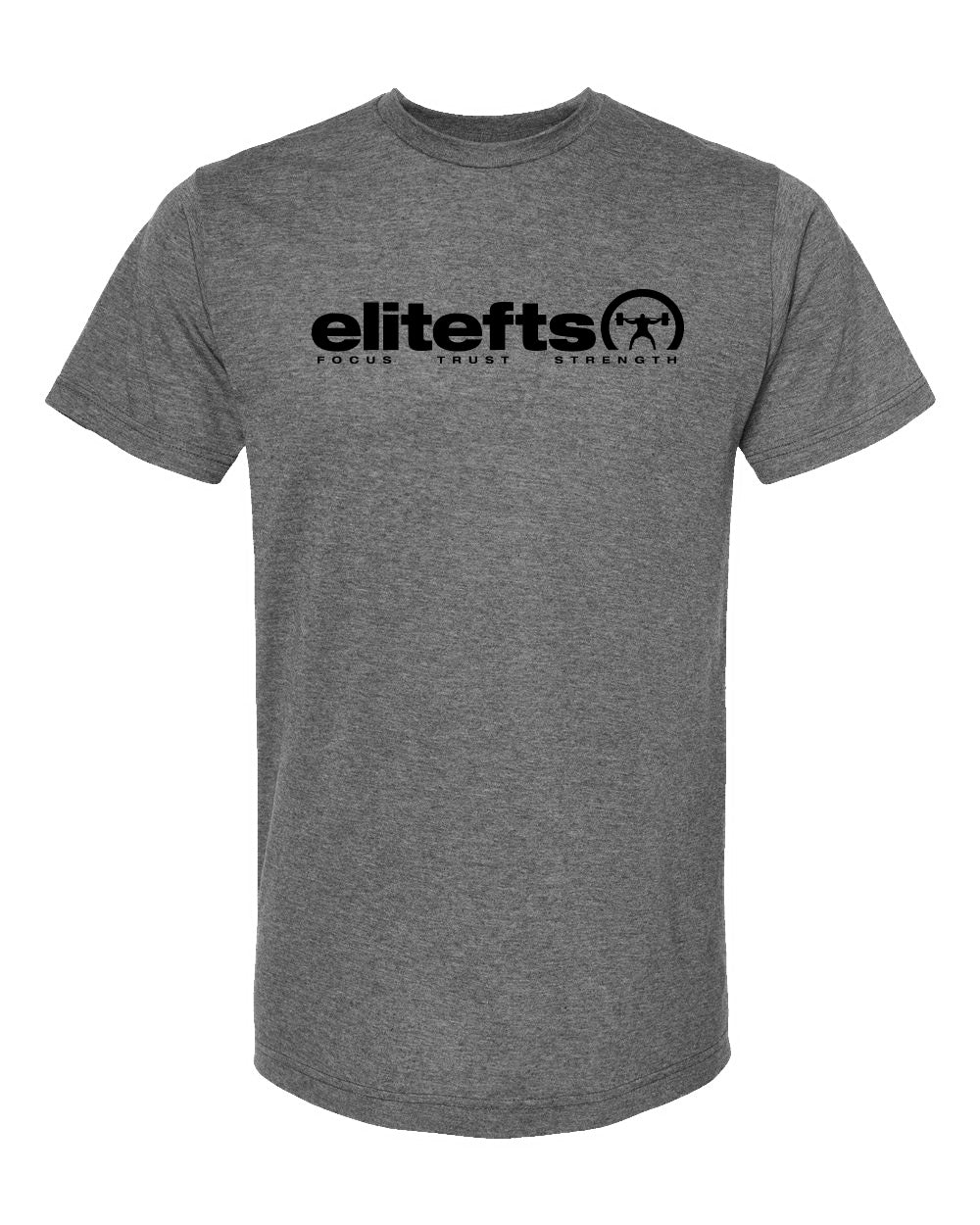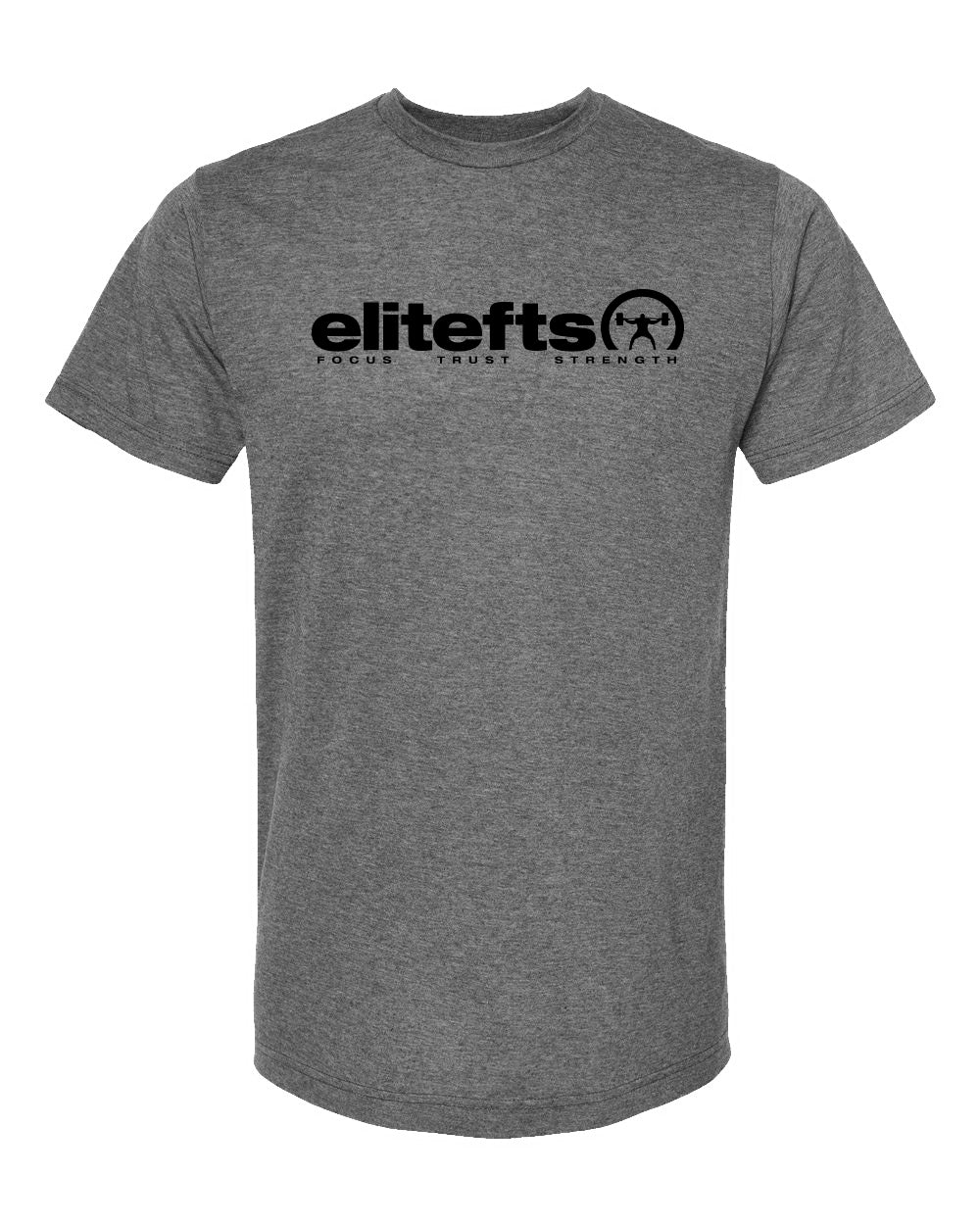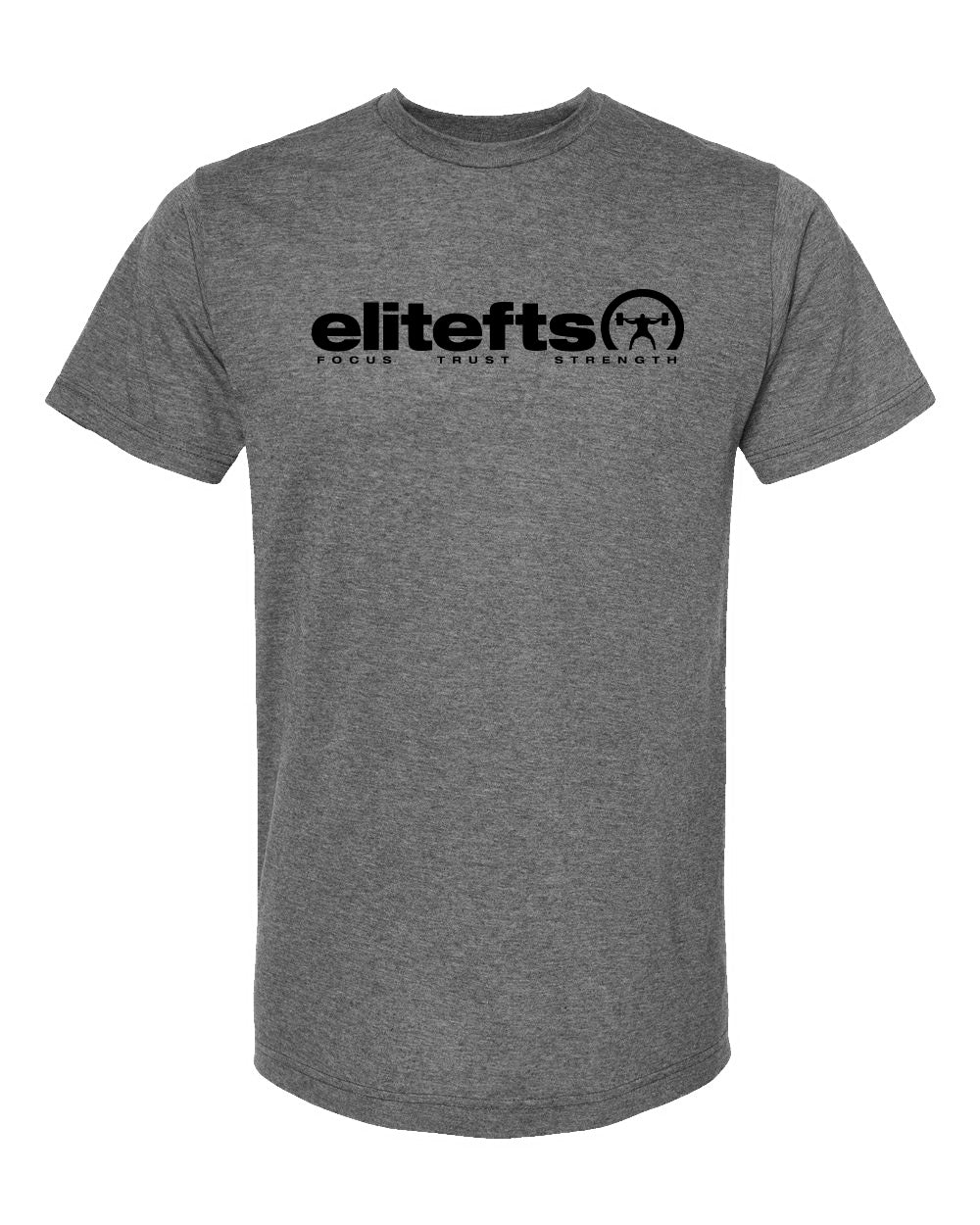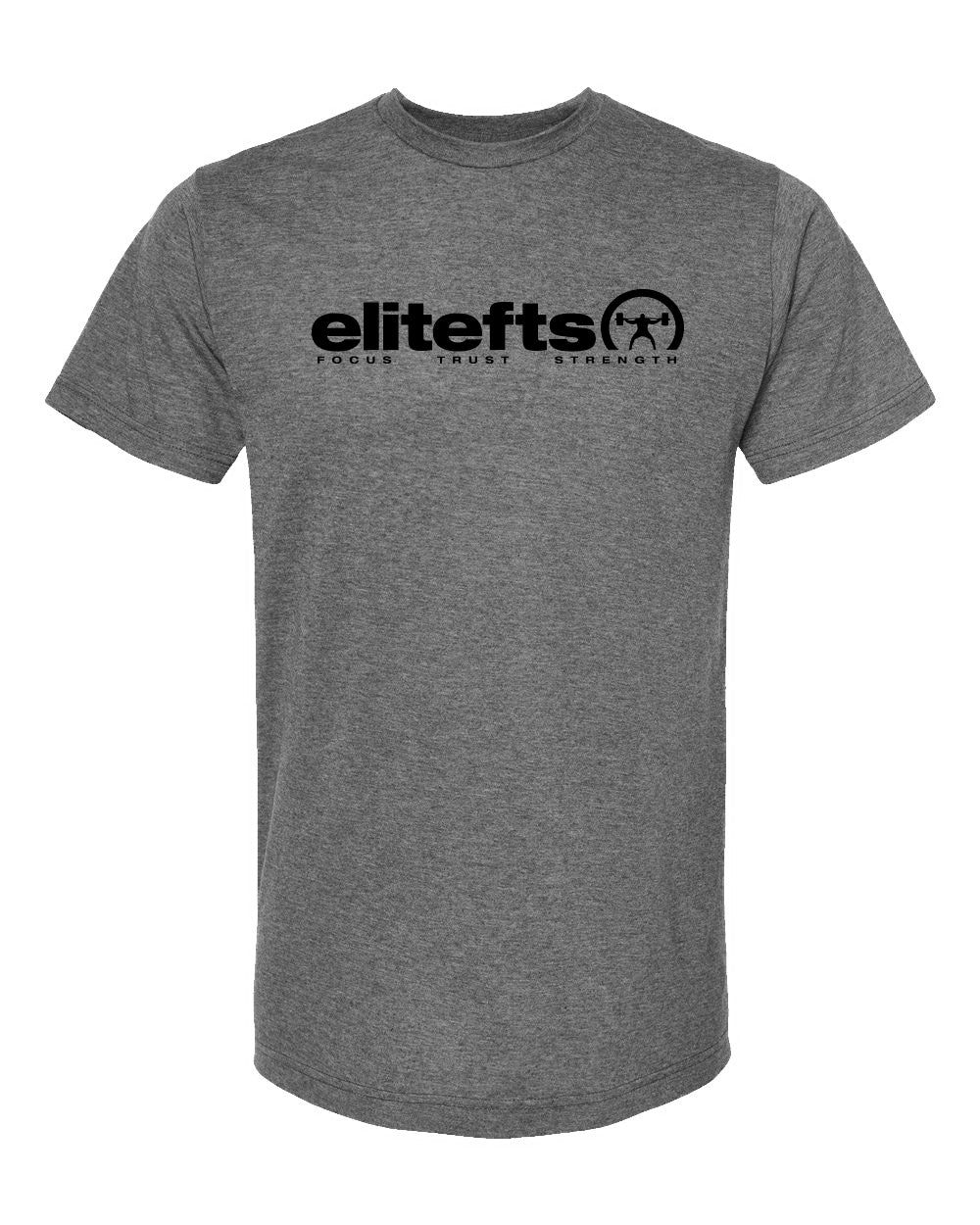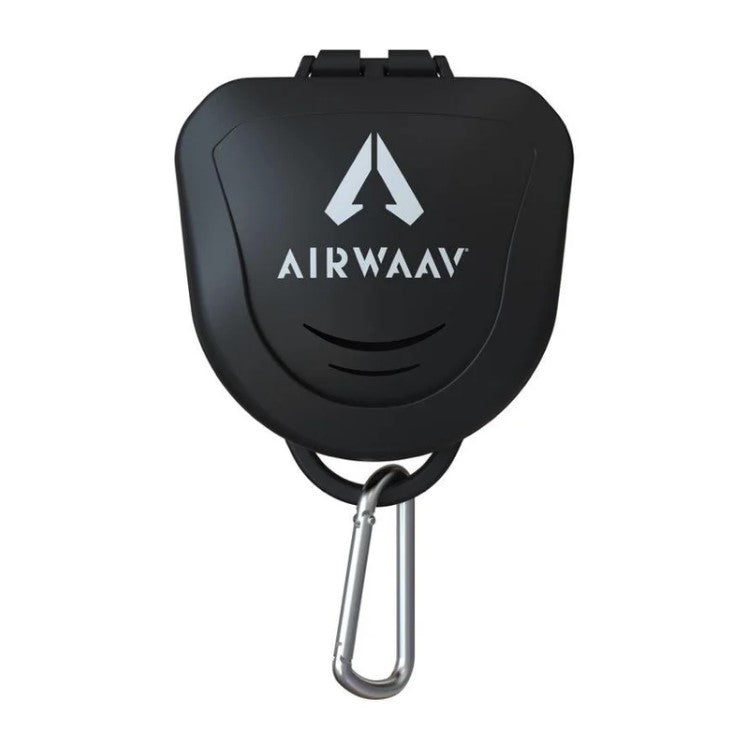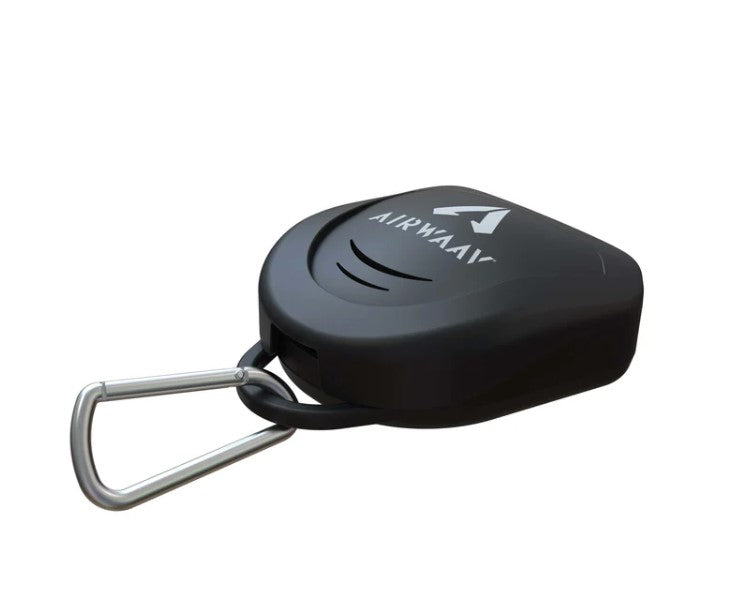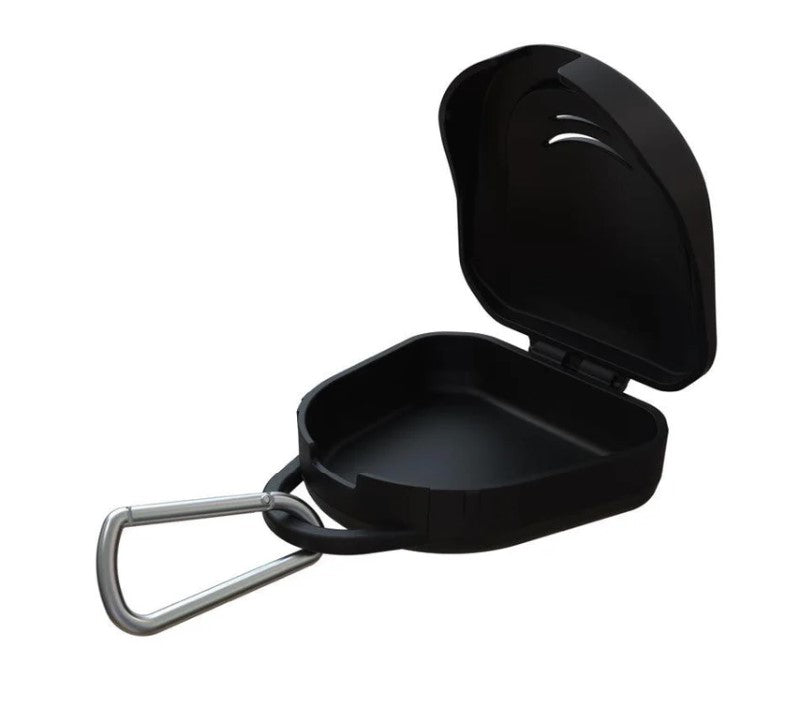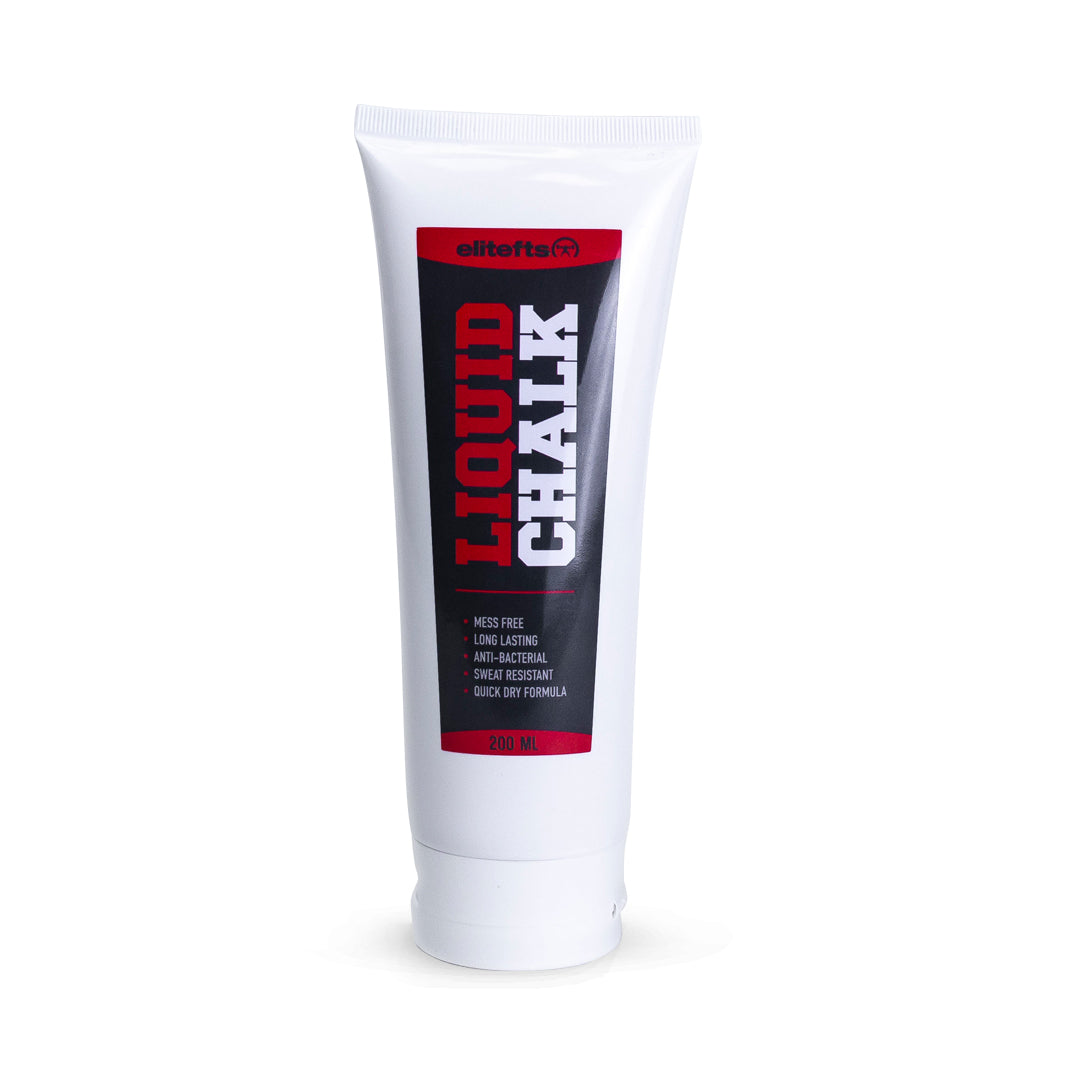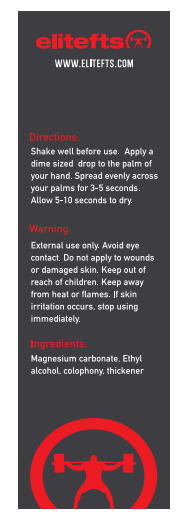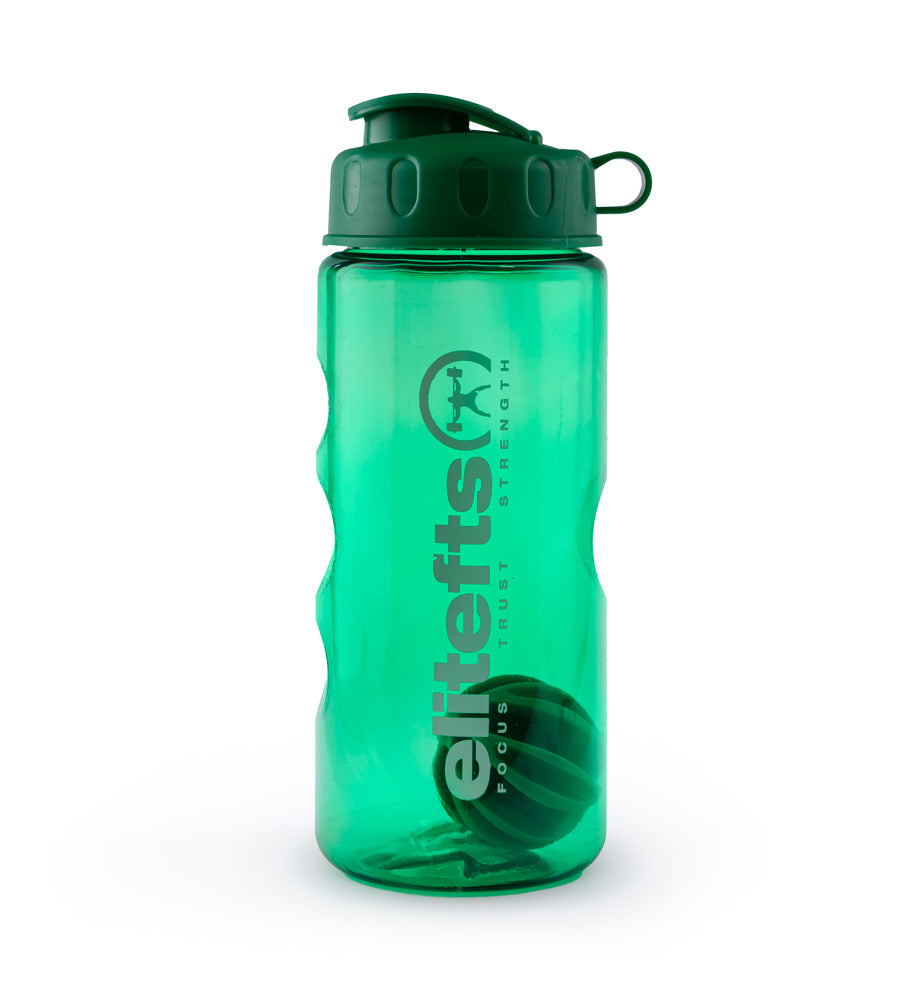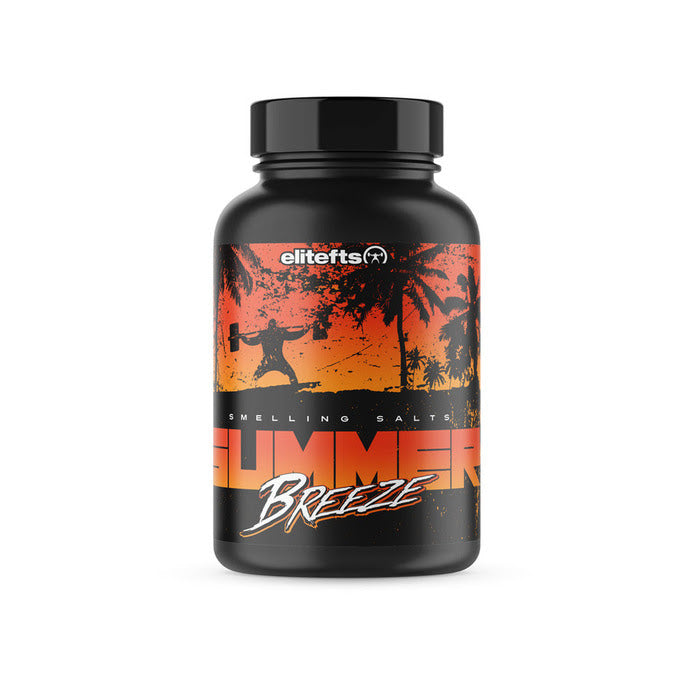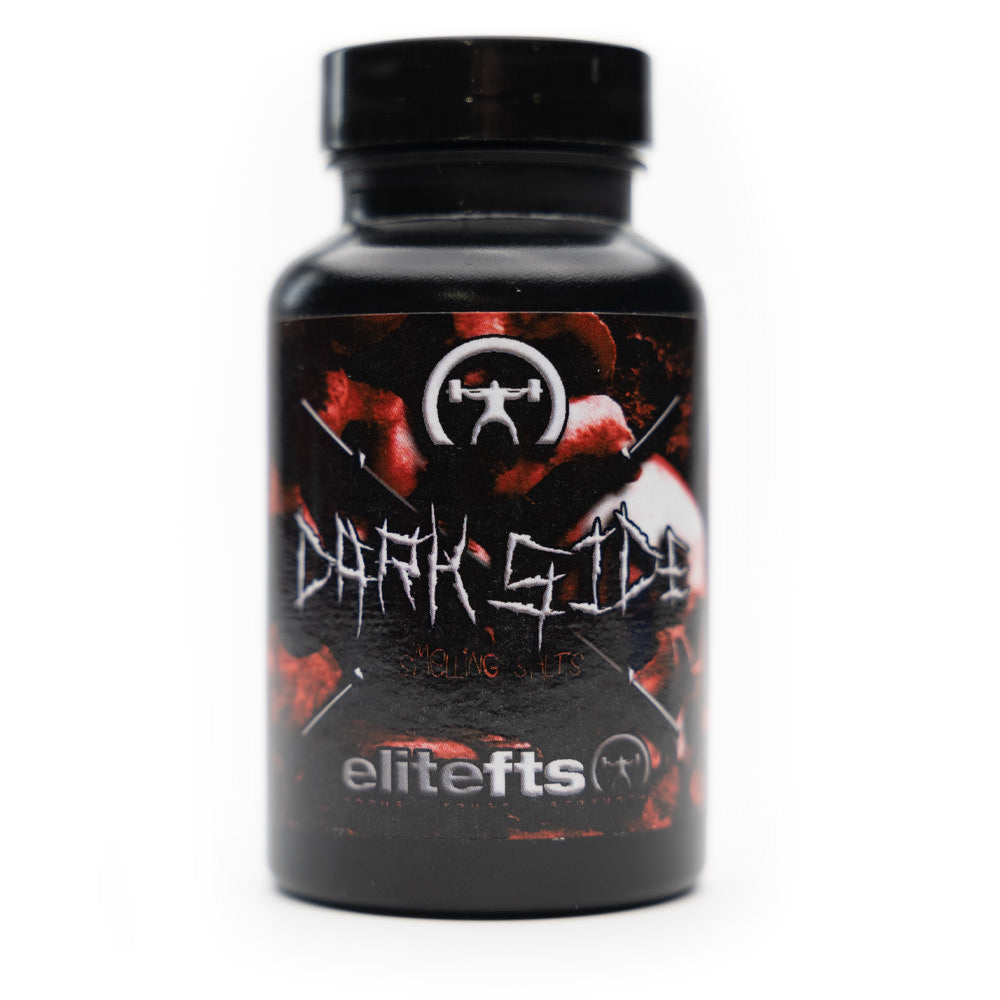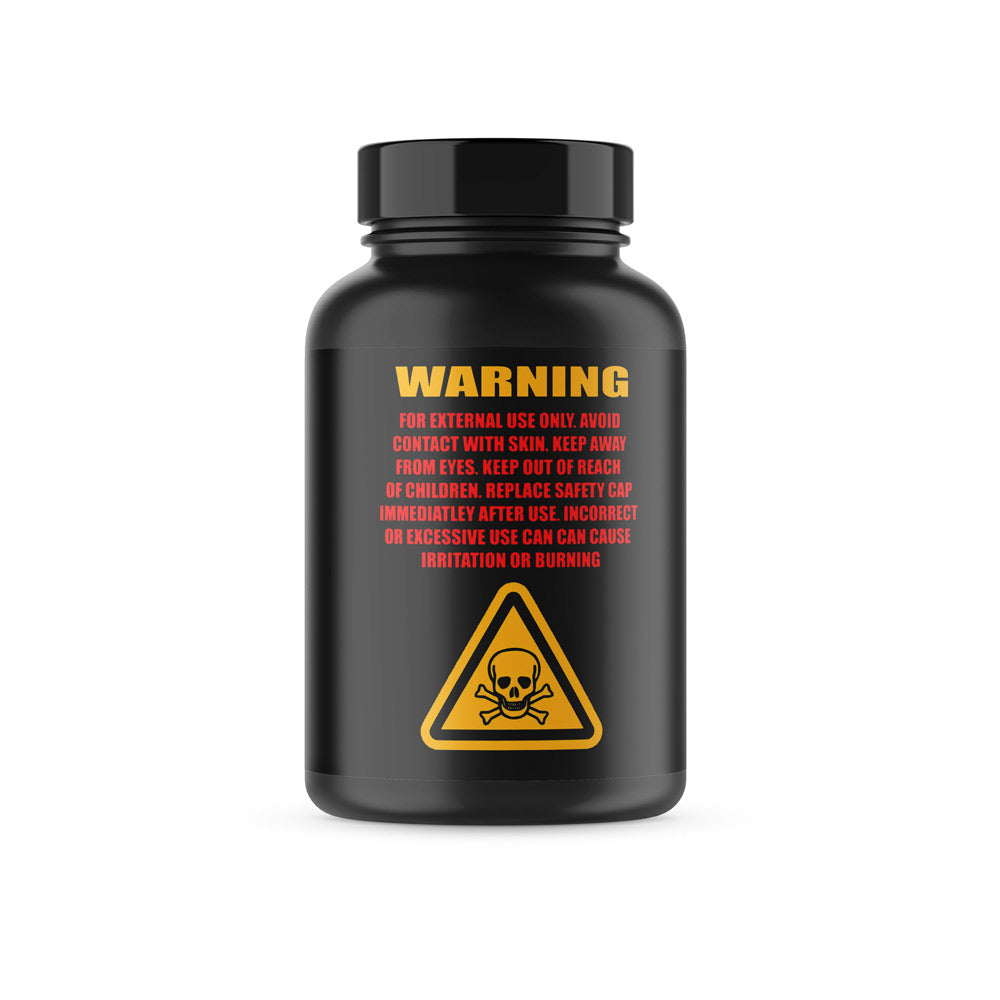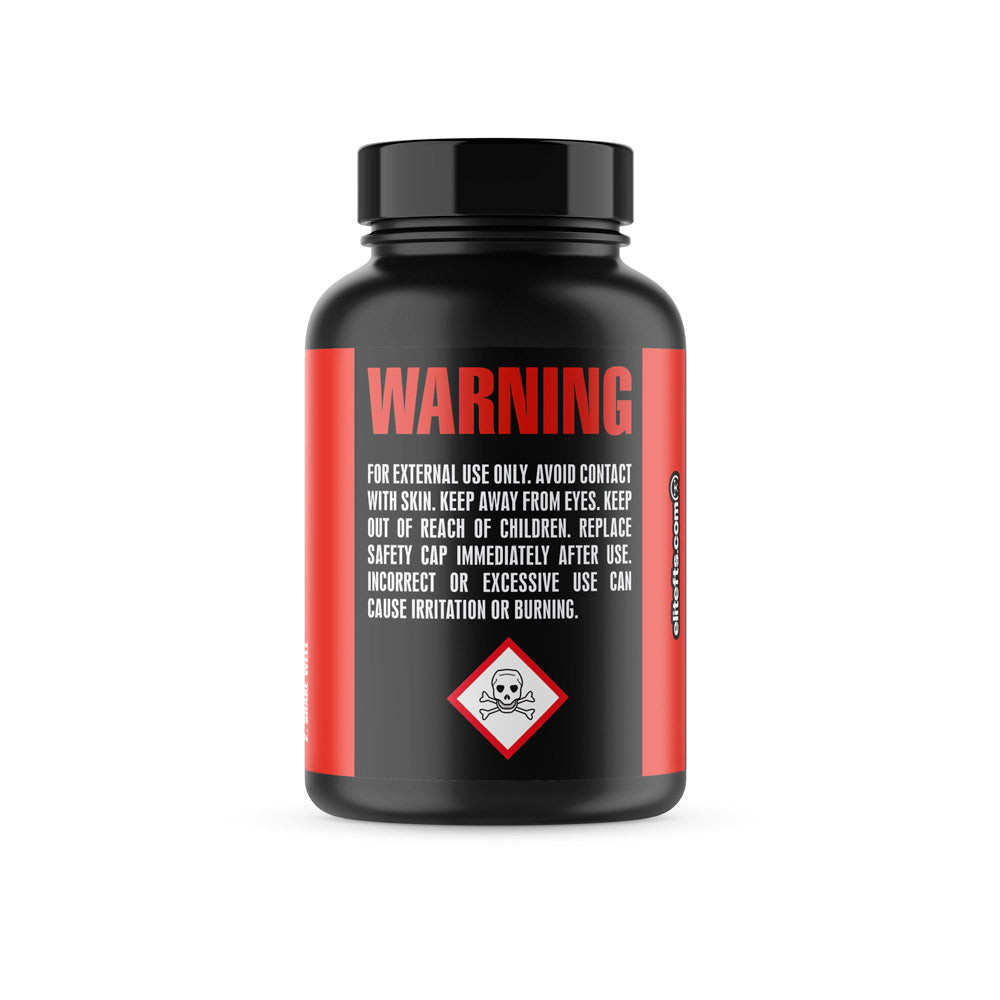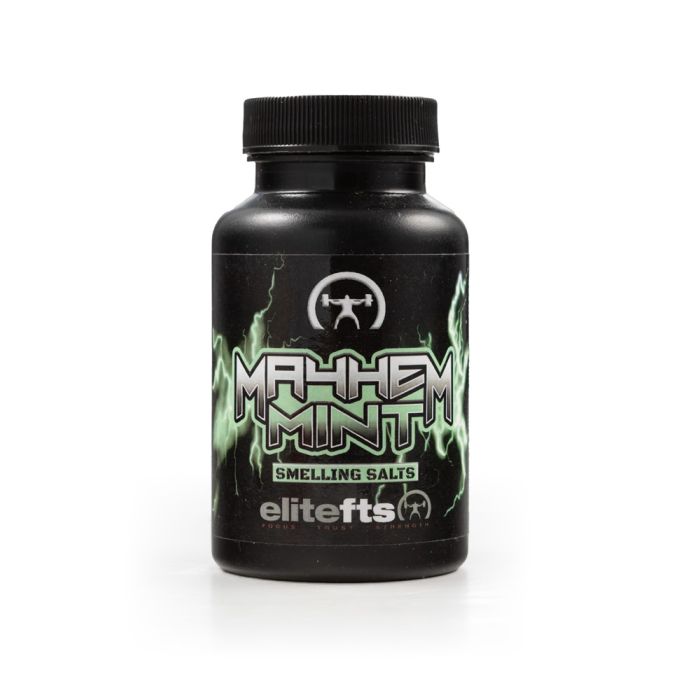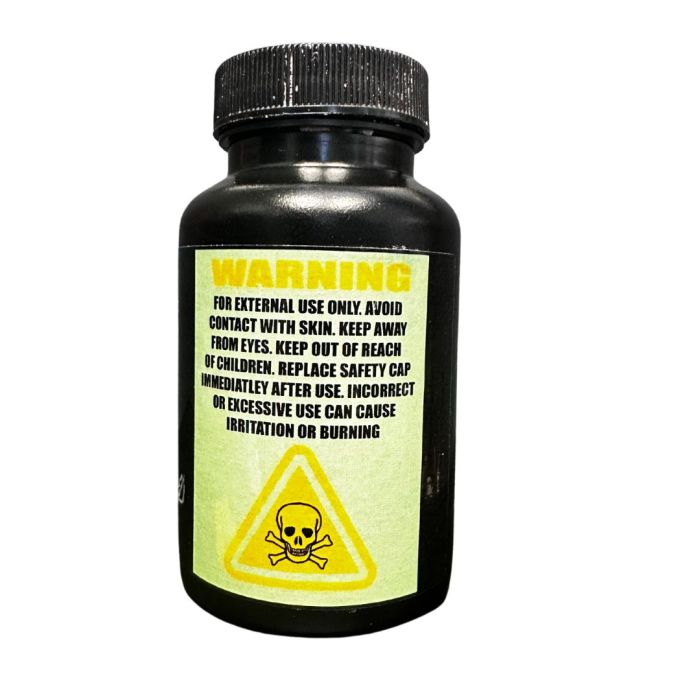I hope this article finds you and your family well and with gyms beginning to open, ready to get back after it.
For many serious lifters, this is the longest they have ever been away from heavy training without being injured. Being away from the gym for a time can have some positive merits: Gives the body a chance to heal, allows lifters to reprioritize their training goals, gives a new updated perspective on the sport as a whole, provides a time to focus on nutrition, and provides time to create or modify one's training program.
That said, in this case, we are talking about an extensive break, and that can be a dangerous thing. For the weekend warrior who kinda-sorta trains, but more so works out, this extensive break means they can come back hard and, for the most part, merely face being really, really sore. One can get over being really, really sore.
For the serious lifter, however, coming back hard could spell injury as some will come back like they never left as if there was no extensive time away from the big weights. These more serious strength athletes have far more power involvement and muscle recruitment involved when lifting than the average Joe or weekend warrior.
As I reflect (waaaay back) when I was competing quite a bit and training very heavy, I sustained a quad injury. Nothing detached, but a muscle tear, serious enough to put me on the sidelines for a few months.
When I came back, I jumped right back into heavy deadlifts. During this particular workout, I worked right up to what was typically my final warm-up weight prior to attempt number one in a competition. So I loaded up the bar and took the easy 605 pounds. Even with the time off, I was still strong; 605 pounds felt like 305 pounds, and the weight popped off the floor like nothing. The problem being, my bicep tendon popped as well.
What I learned then and which is 20-20 hindsight now, is that the tendons are always working and are built stronger with the big ballistic power movements. Explosive moves like the deadlift. They have been worked and trained and tested for your whole lifting life, many days per week for years and years or decades. But when you are laid off for an injury, you are still training other muscles but maybe in a more hypertrophic manner. So the muscle continues to be worked and trained and continues to grow larger and somewhat strong(er). On the other hand, the tendon is not being called upon to move extreme loads that built its strength over the years.
So with so many gyms closed, those not training heavy (either they don’t have the equipment or the spotters) found something to lift, and that typically equates to reps and some hypertrophy training so at least the muscles are being worked.
As you head back to the gym (depending on the state), my recommendation is to heed this advice. Keep the volume higher and the weight lower for a time to allow the tendons to rebuild their tensile strength as developing a larger hypertrophied muscle does not mean the tendon is growing stronger in proportion to the muscle size.
RELATED: Serious Training Considerations for COVID-19
Said another way, if you deadlift 700 pounds, you have built your tendons from the time you were pulling just 500 pounds, and as the weight progressed over the years, so did your tendon strength. So an inordinately large layoff can be something to carefully plan for when coming back.
Serious powerlifters want big weights, and that is why they are serious. So consider taking the time to invest the extra time crescendoing up into the bigger weights. Not taking the time now means, unfortunately, you might have to make the time to wait out another chunk of time as a result of a blown pec, or quad or bicep tendon.
This was the good advice my mentor and powerlifting legend Ernie Frantz gave to me some 20 years ago when I had come back from that aforementioned quad tear. It was the good advice that I did not take at the time, and that resulted in even more time away from the gym due to the surgery and subsequent recovery. From that point on, I listened to and adhered to everything that Ernie would say about training, and it has always proved to be the road to follow. Ernie would often say, be aggressive with your lifting. Be very aggressive, but don’t be foolish. So with gyms re-opening, I share with you his sage advice to me.
Food for thought as you make your return to the gym. Stay well, stay strong. Ever Onward.








